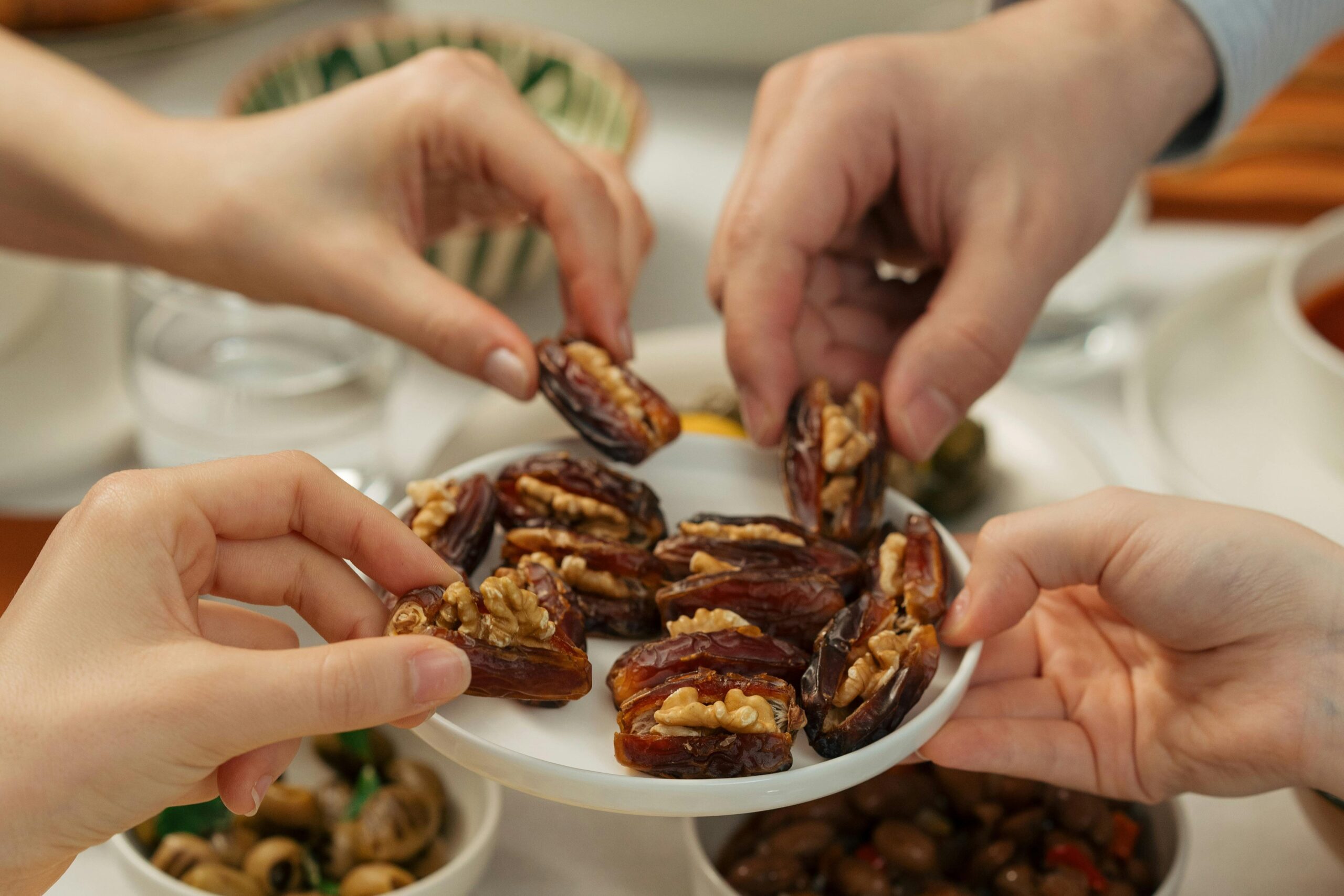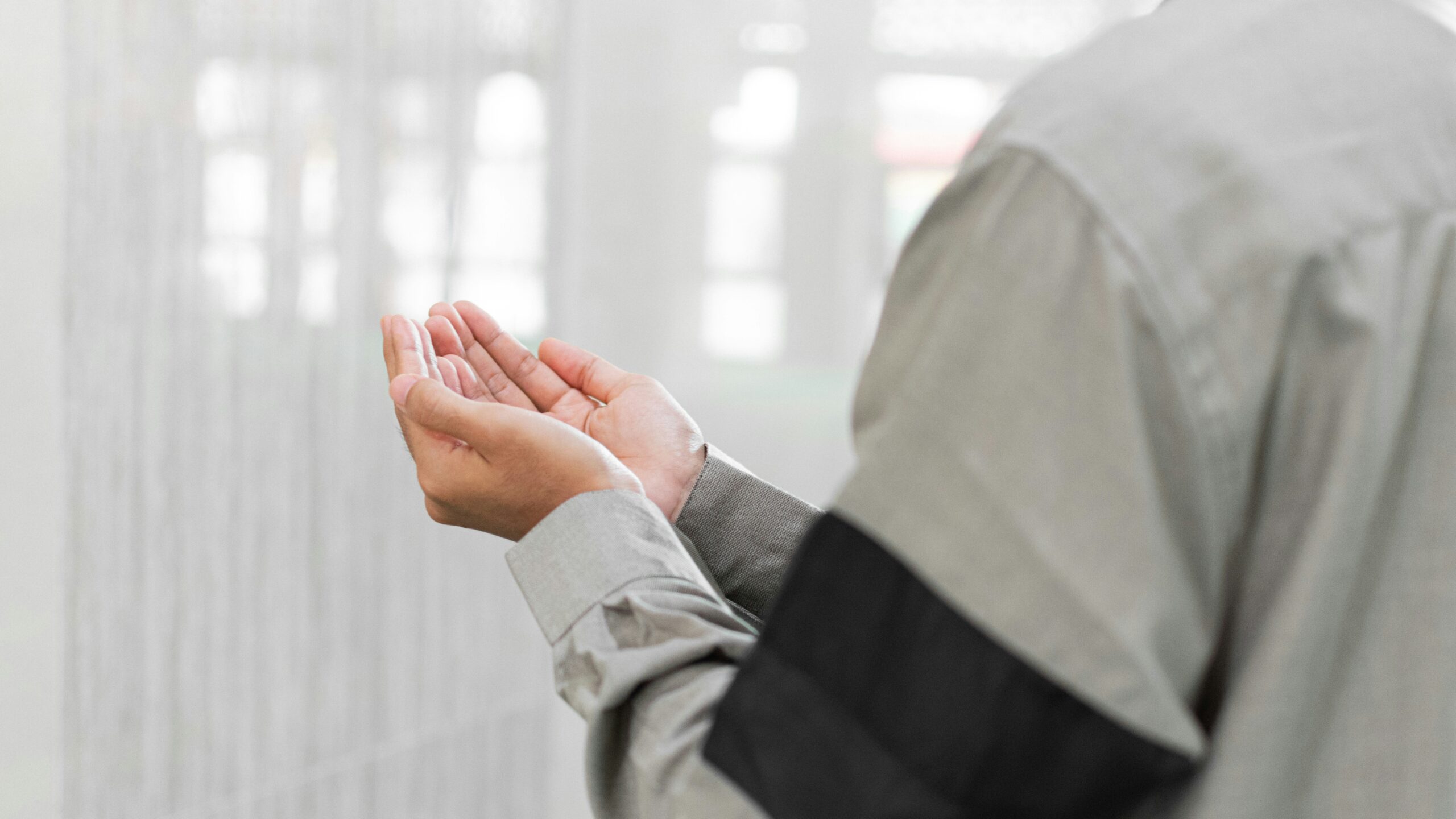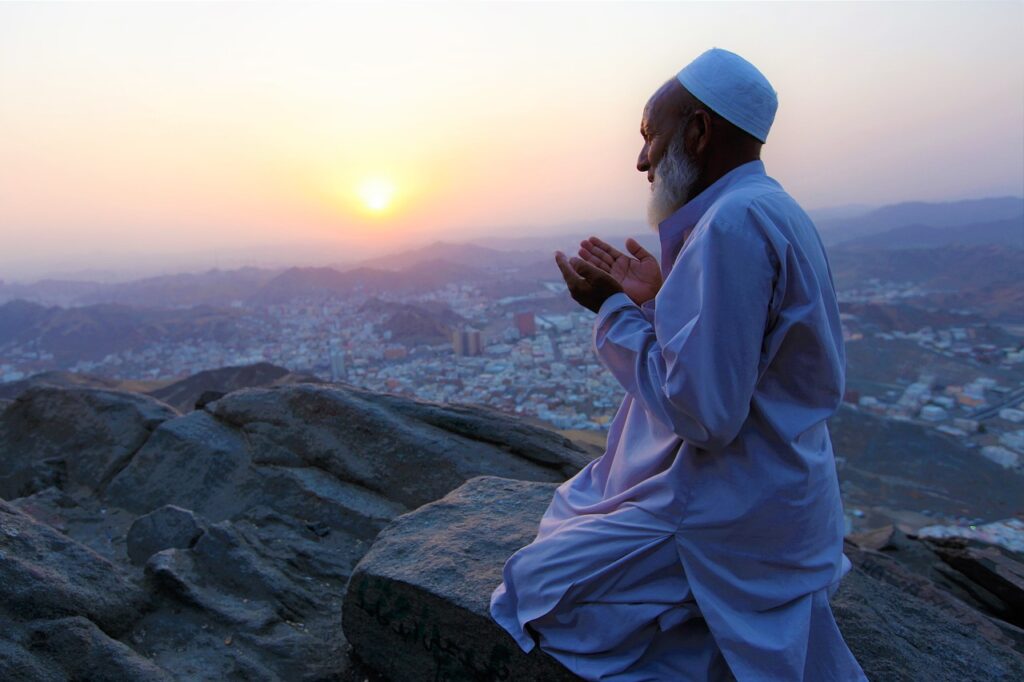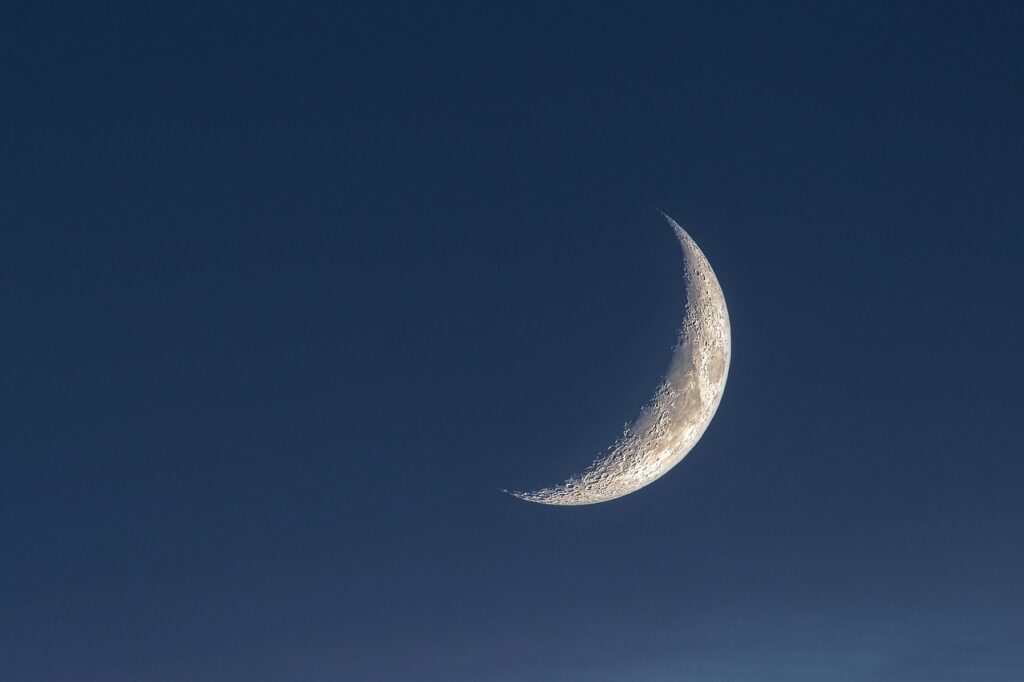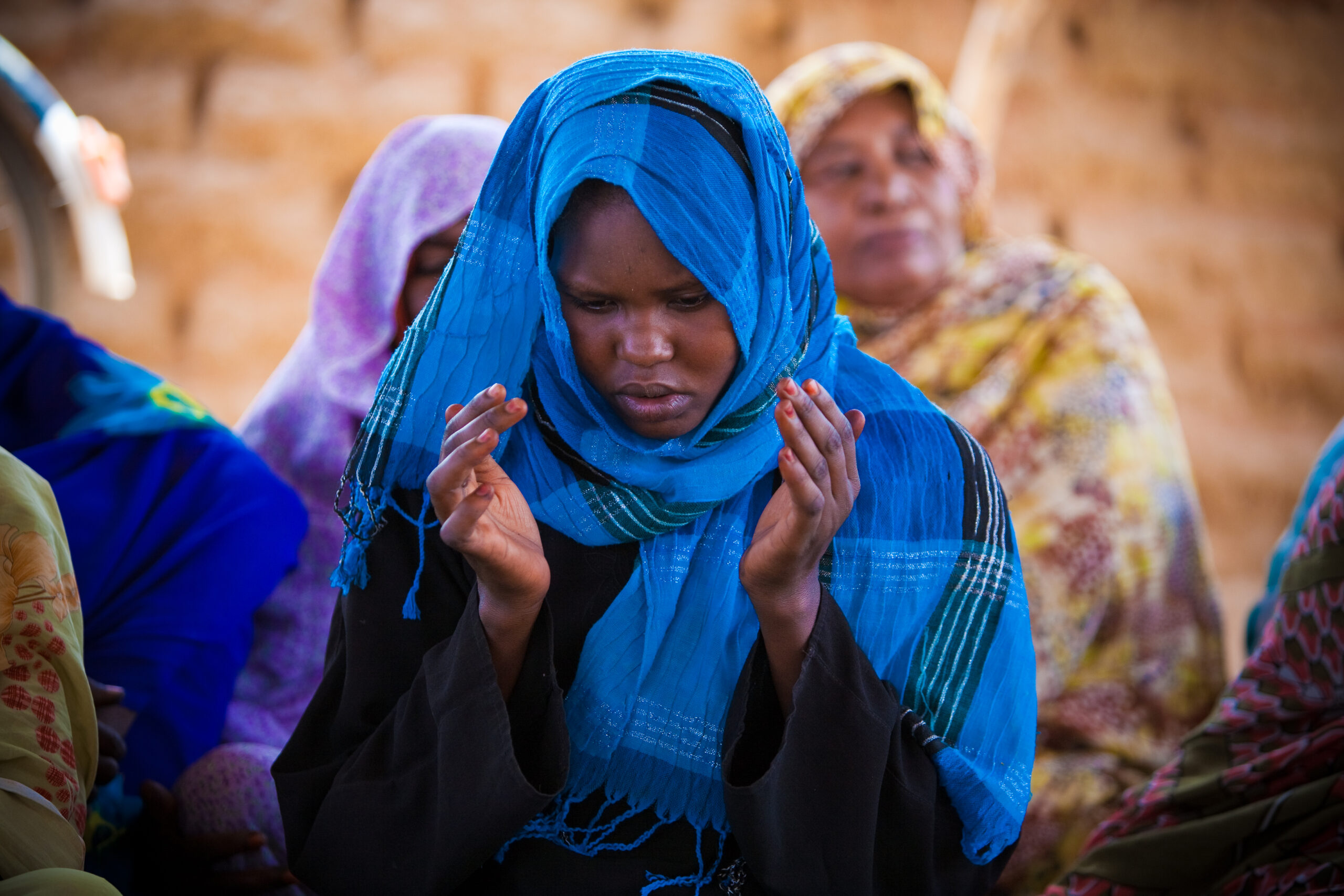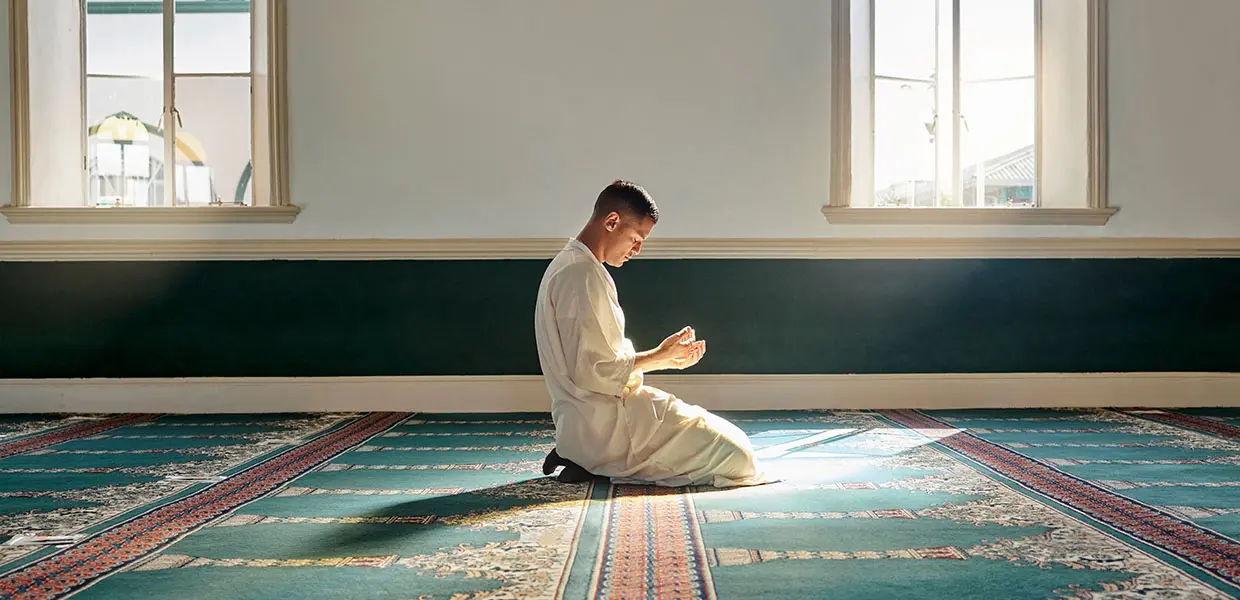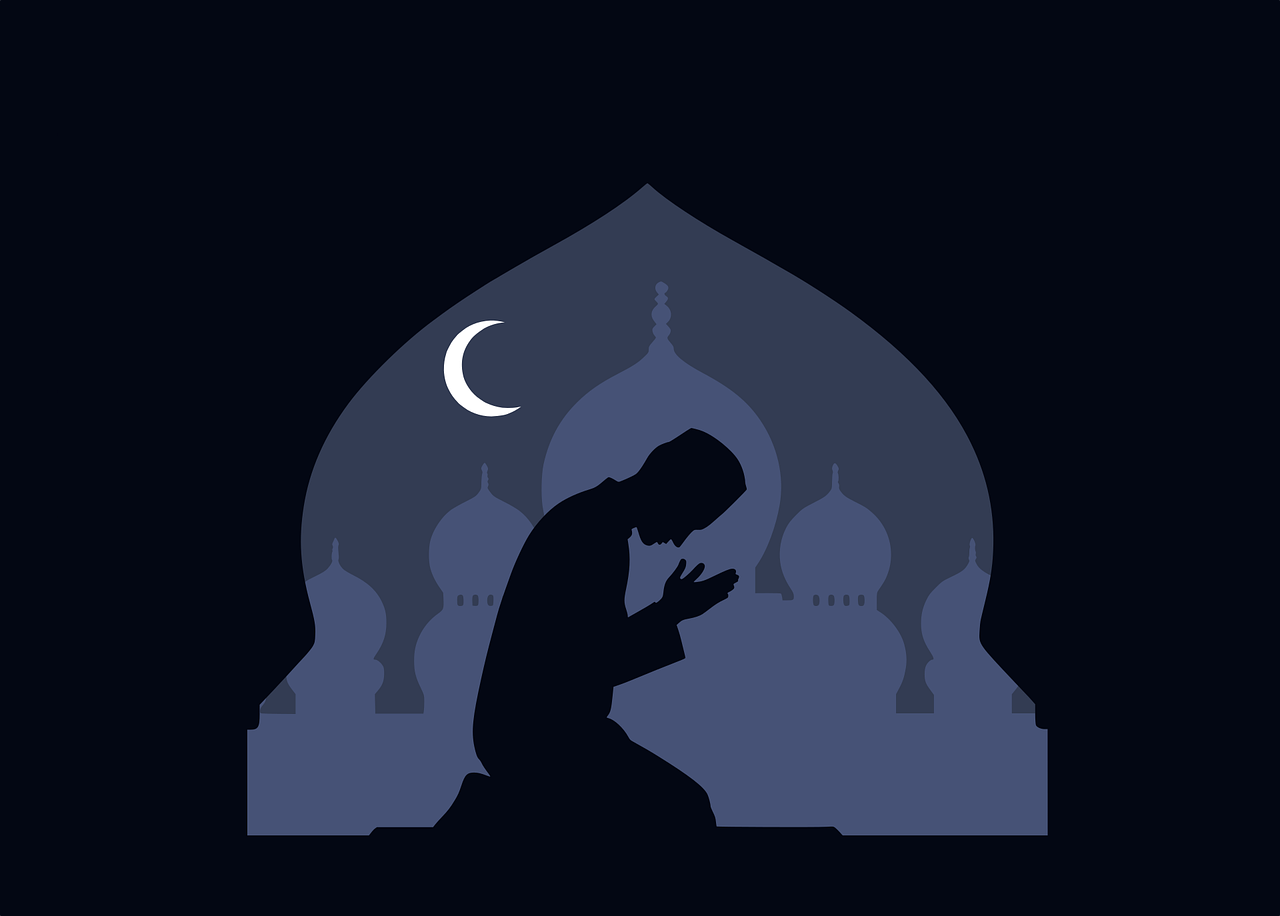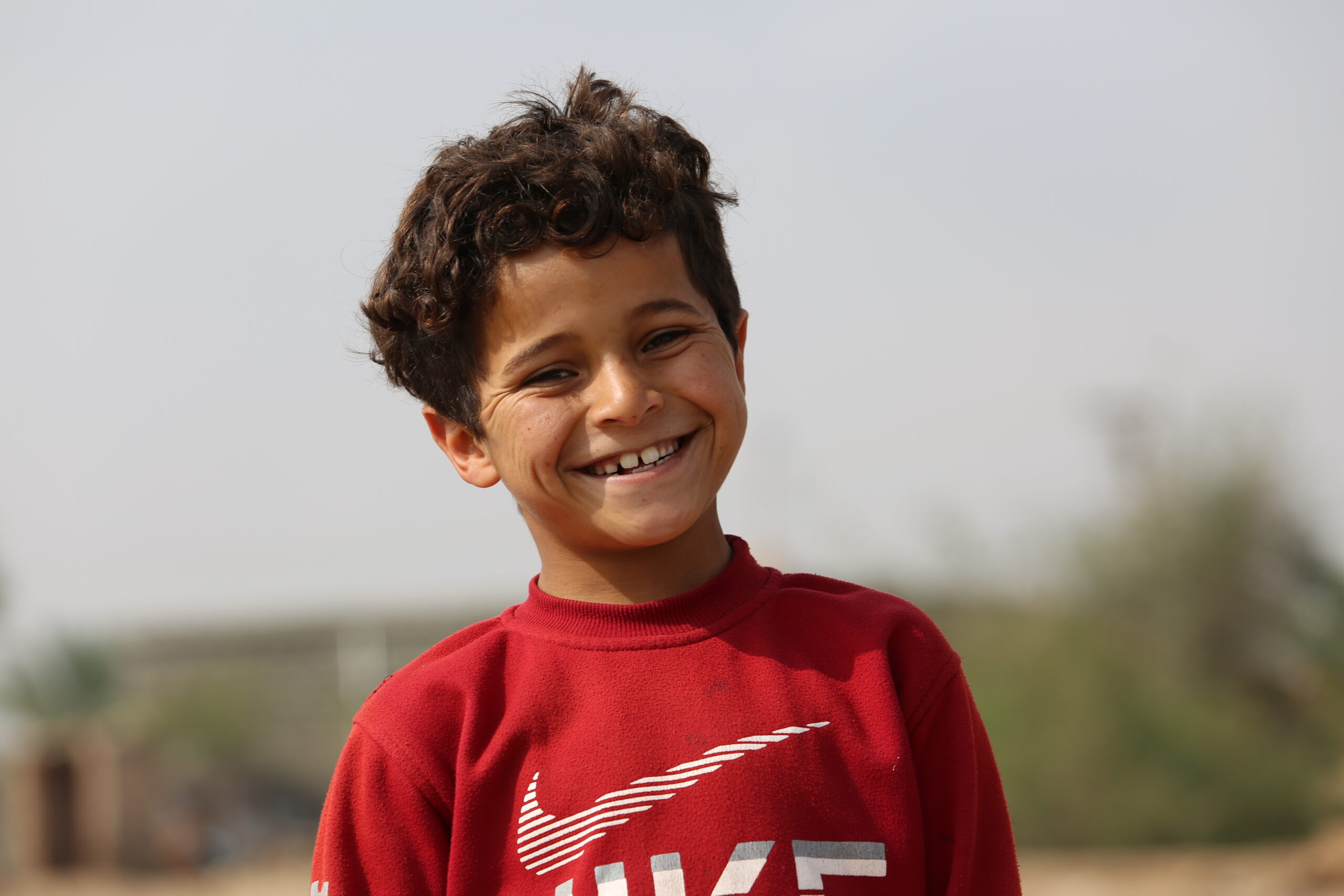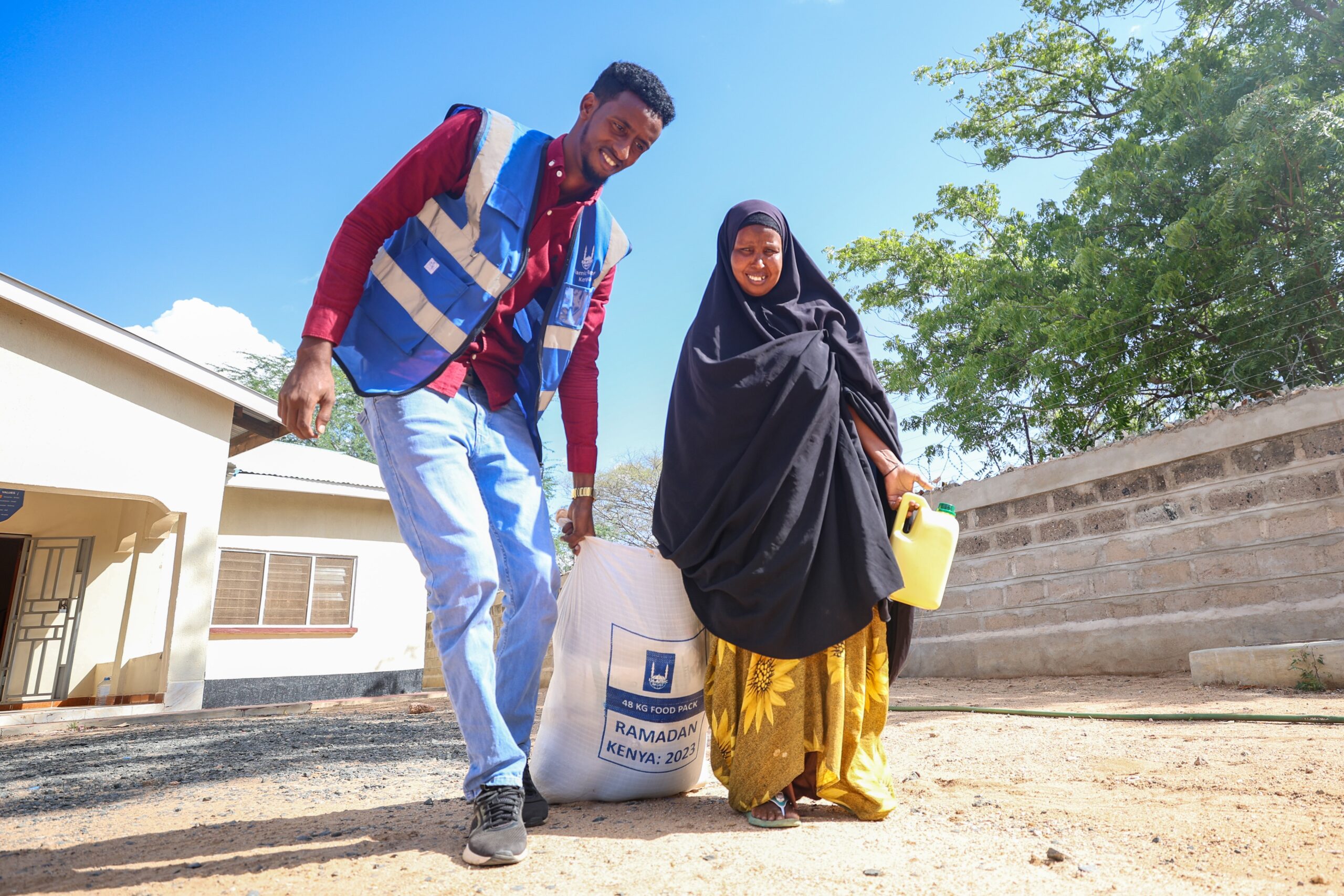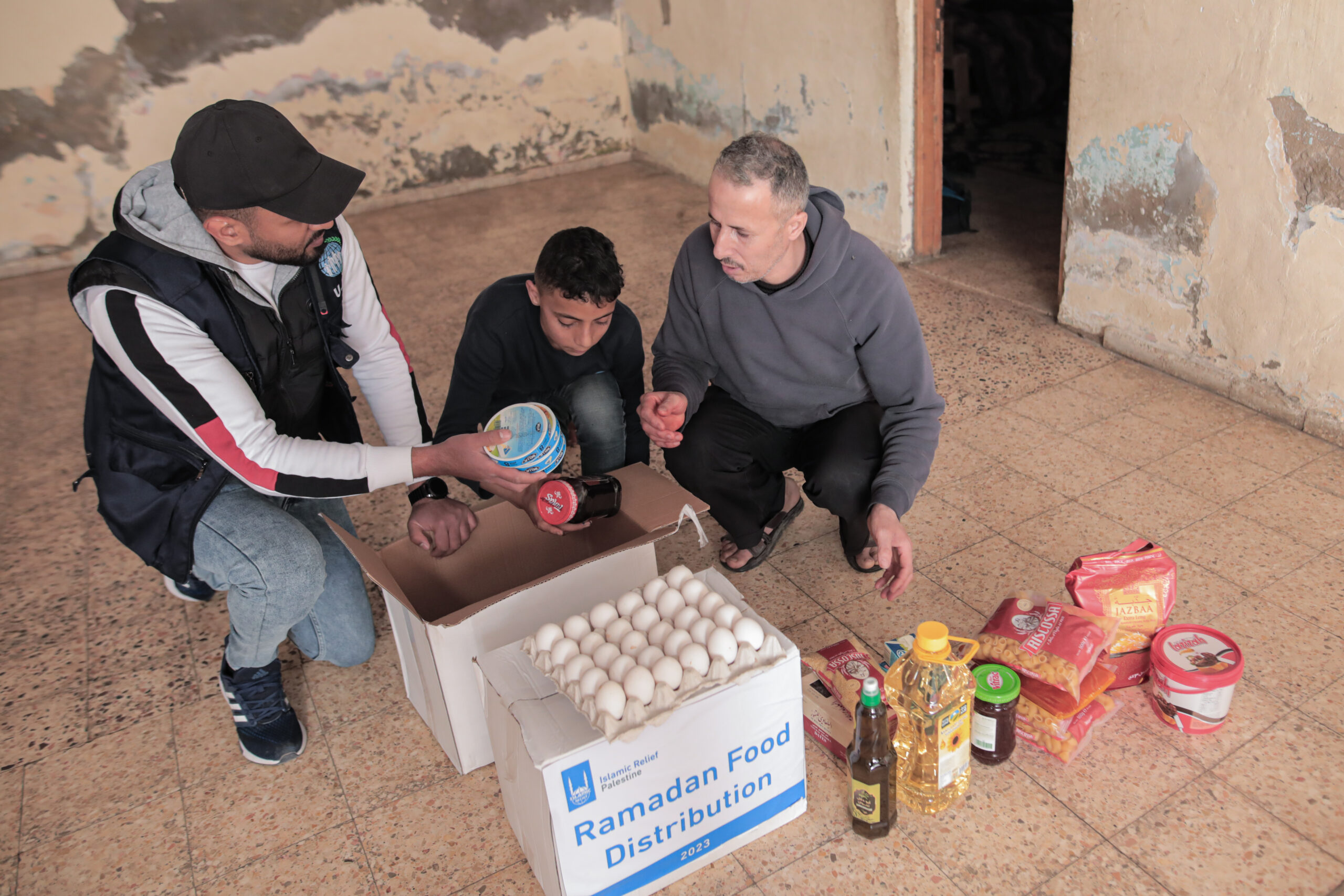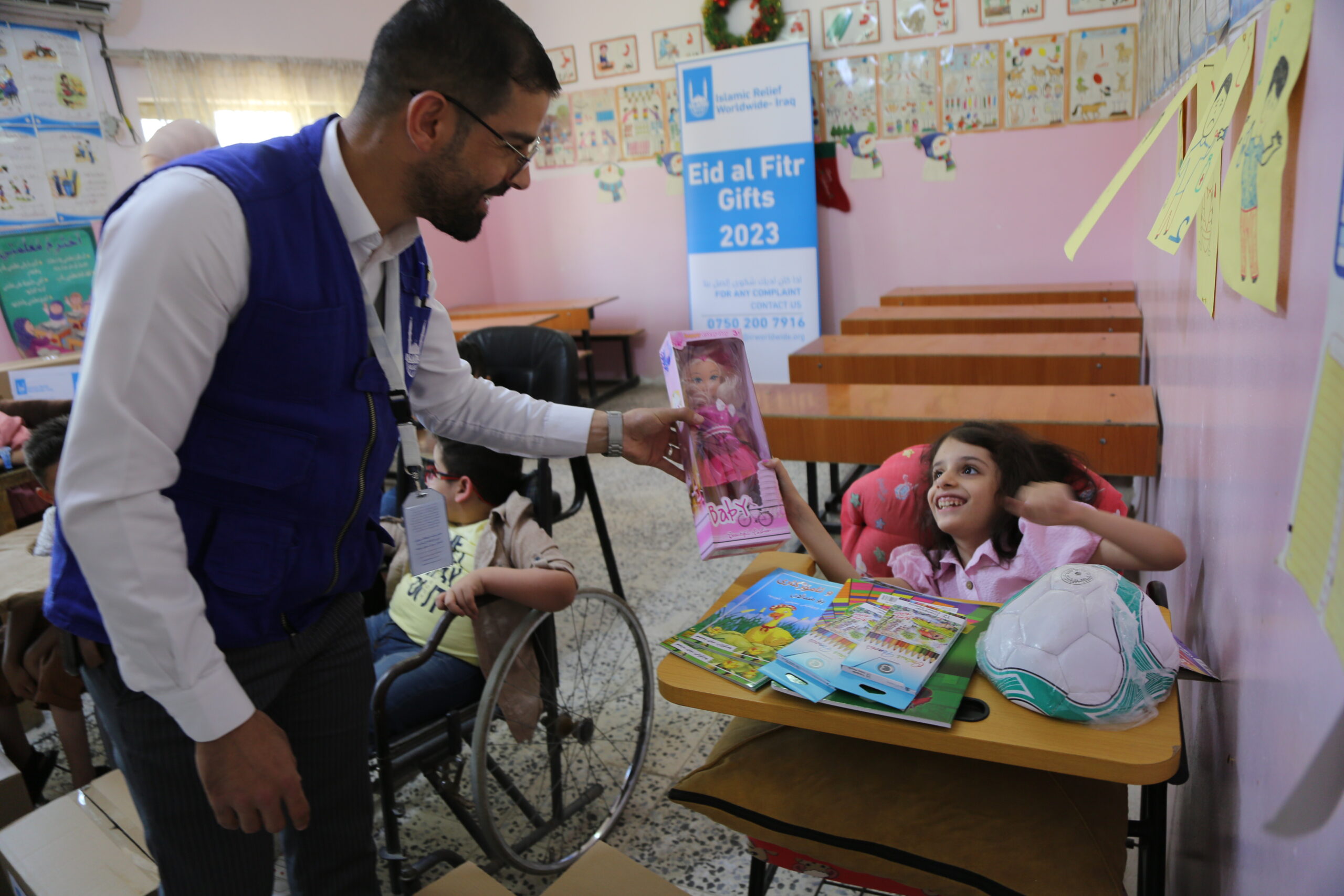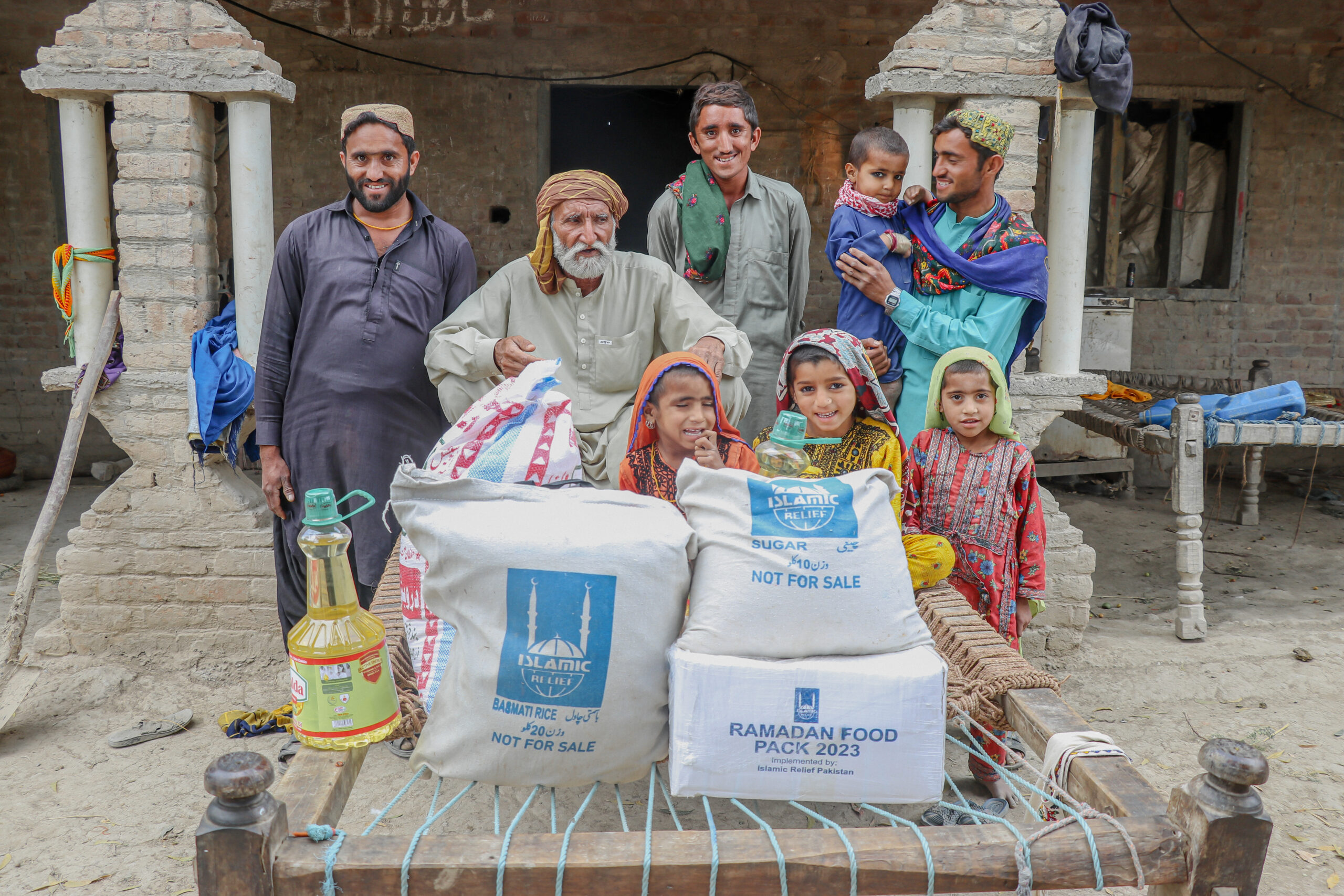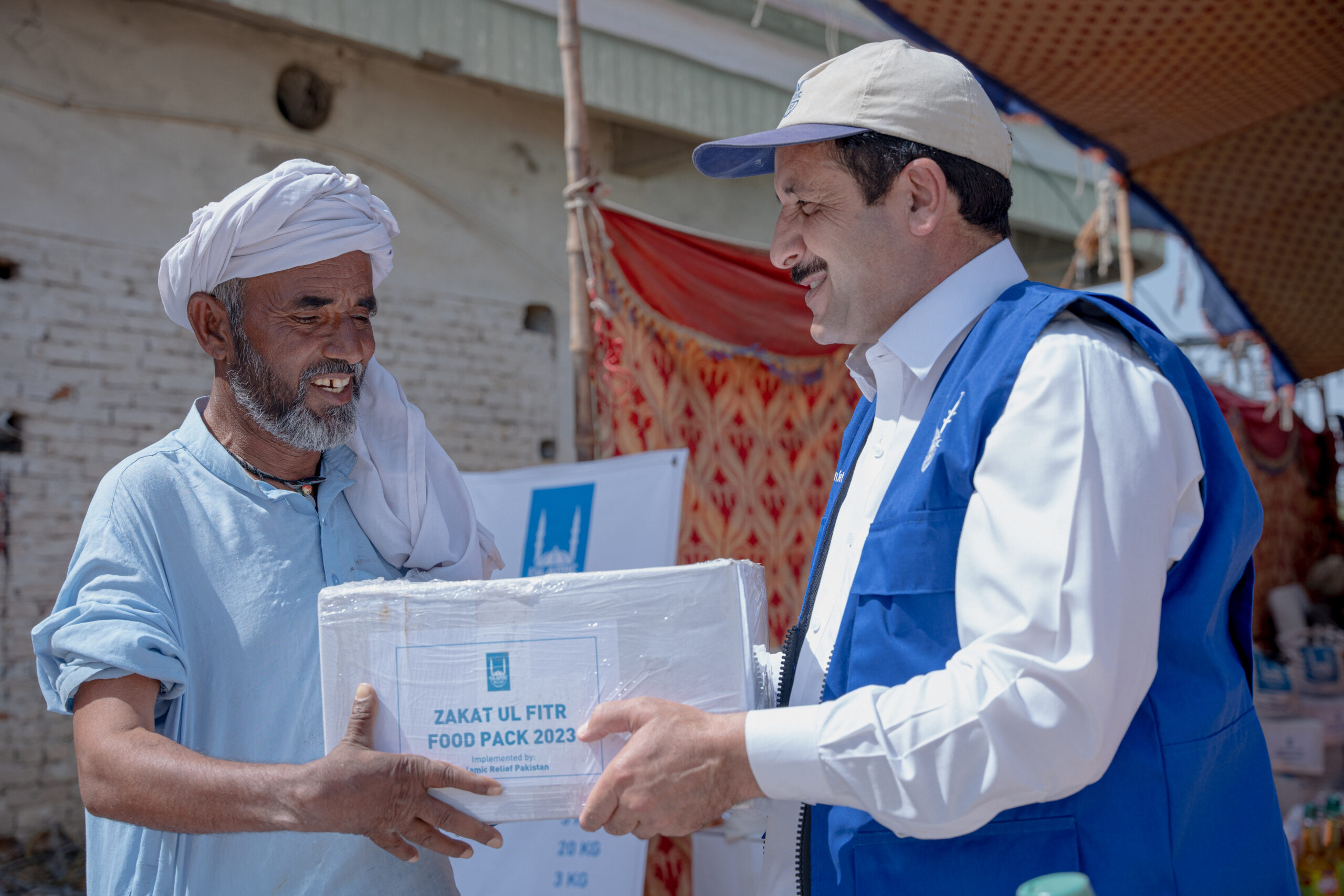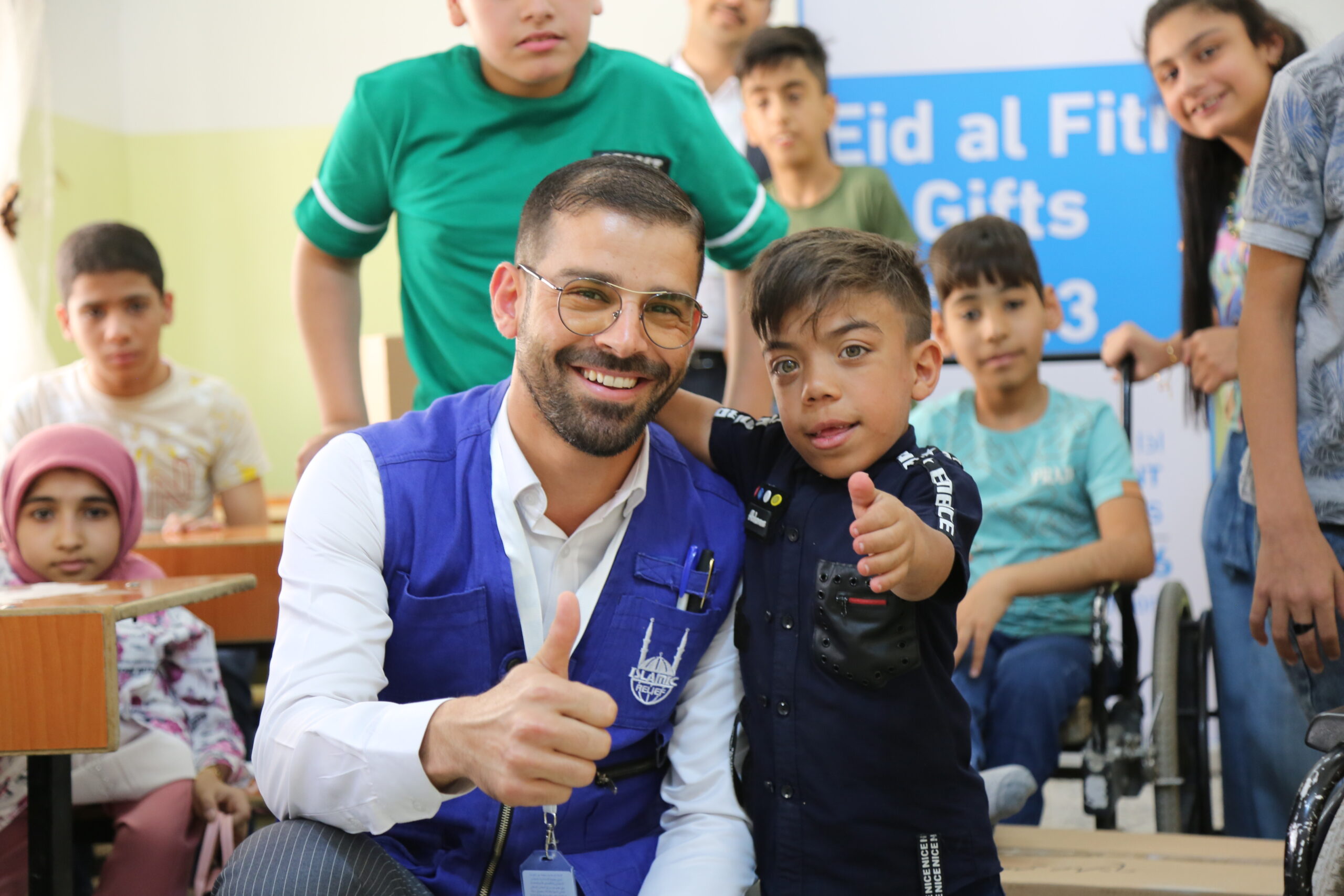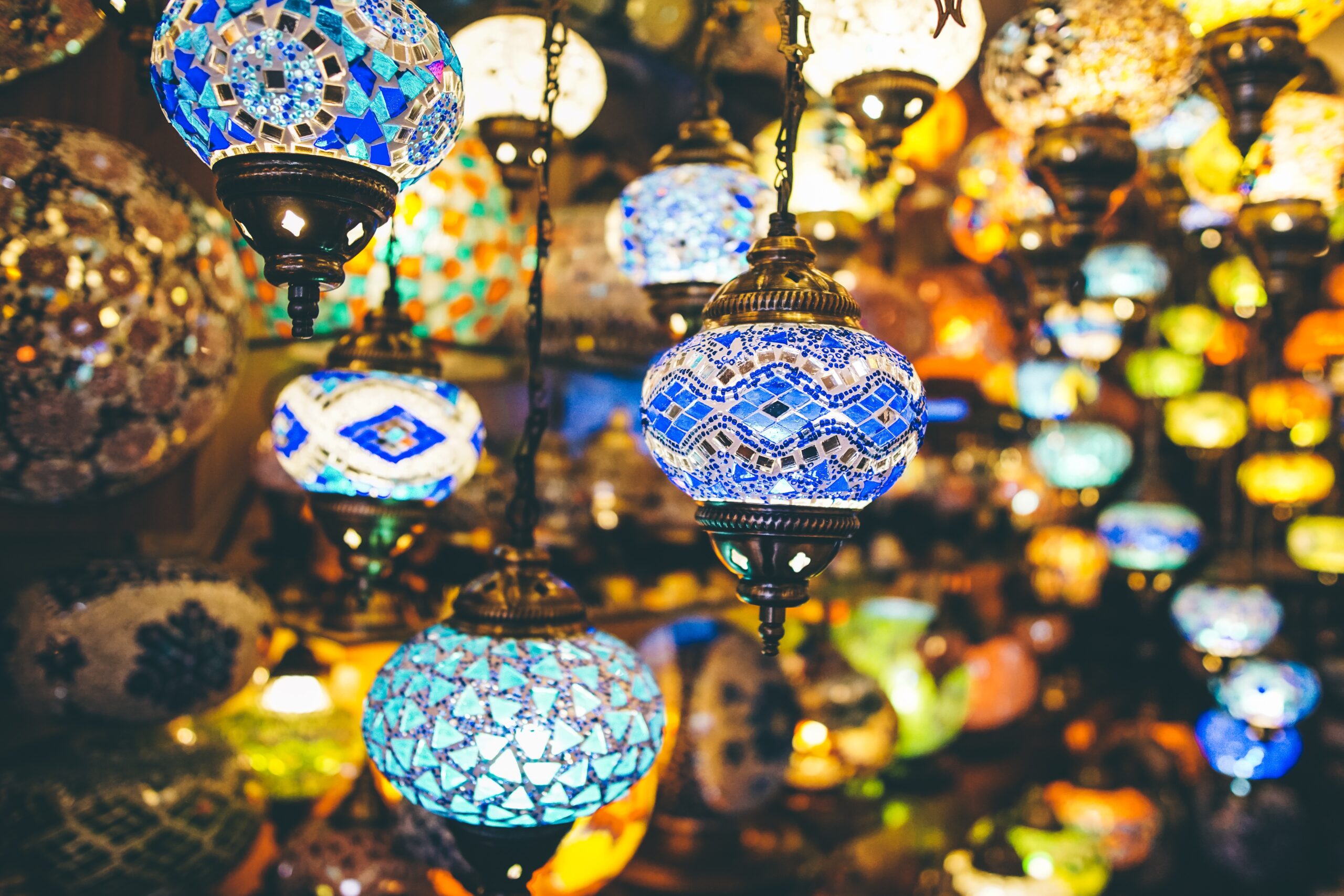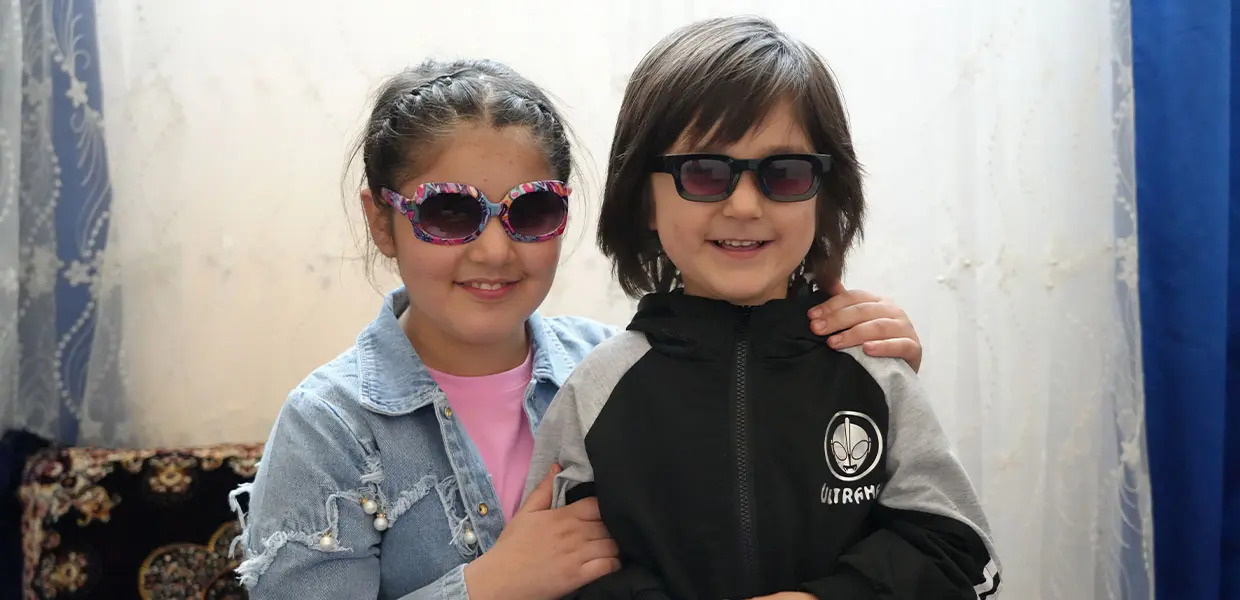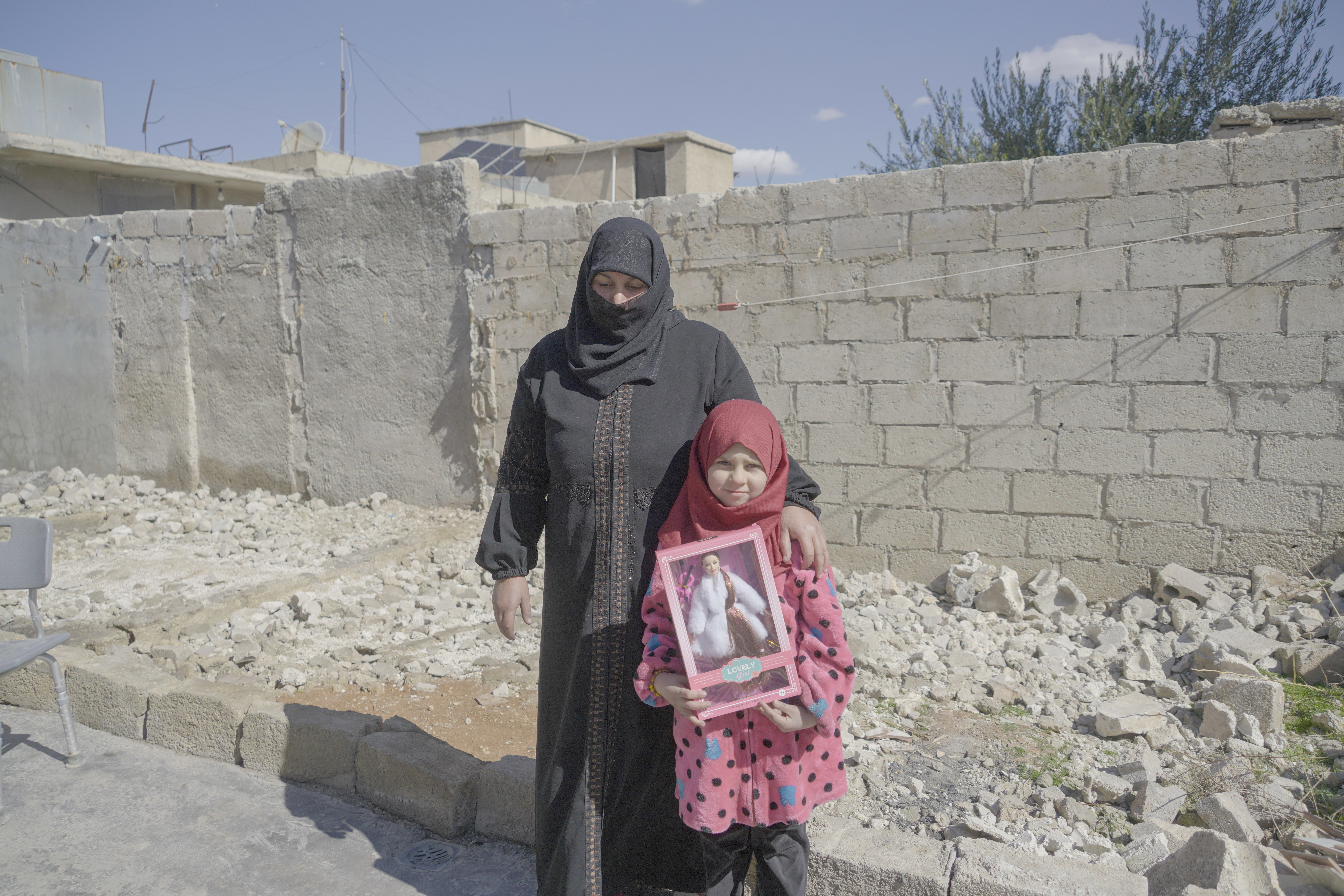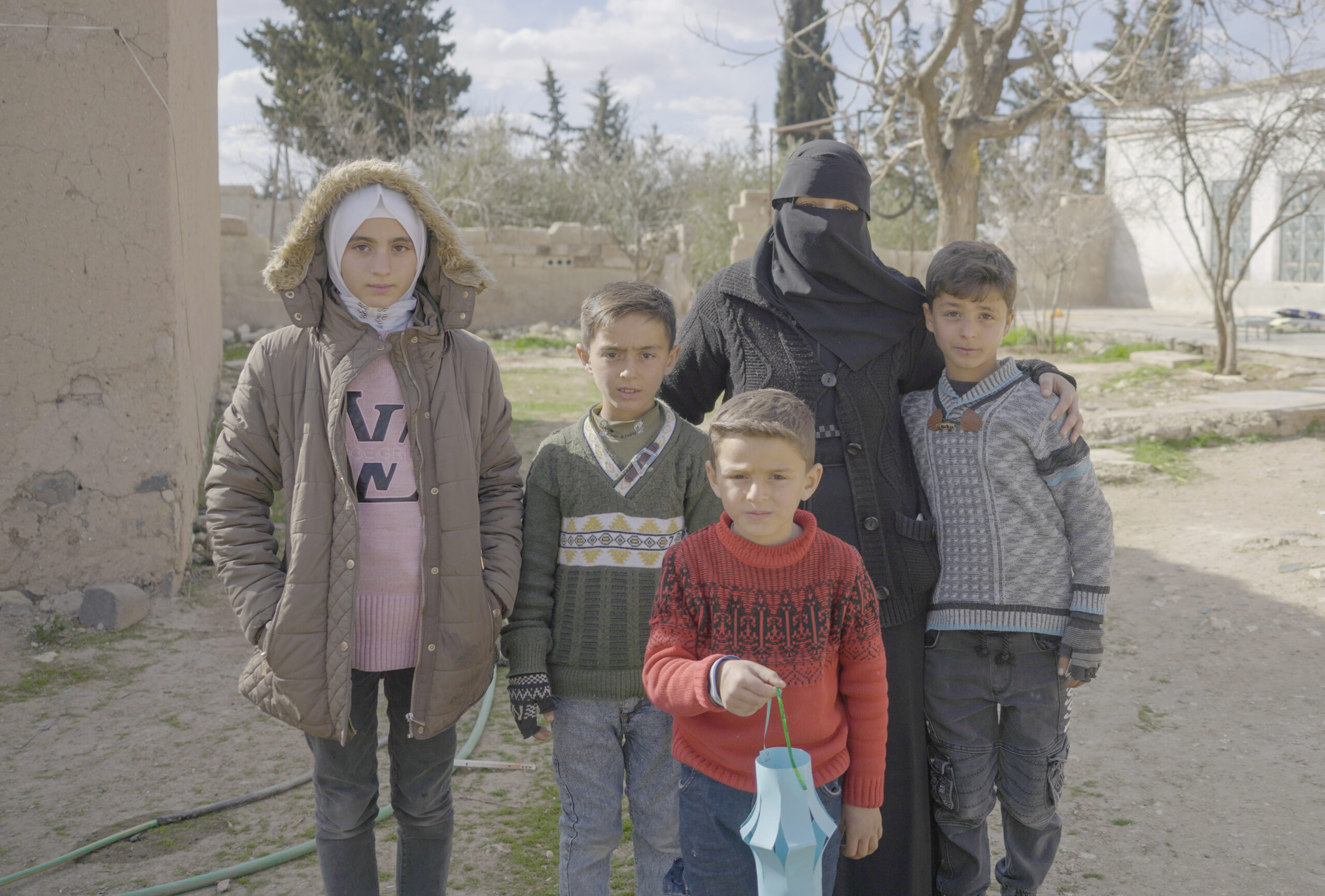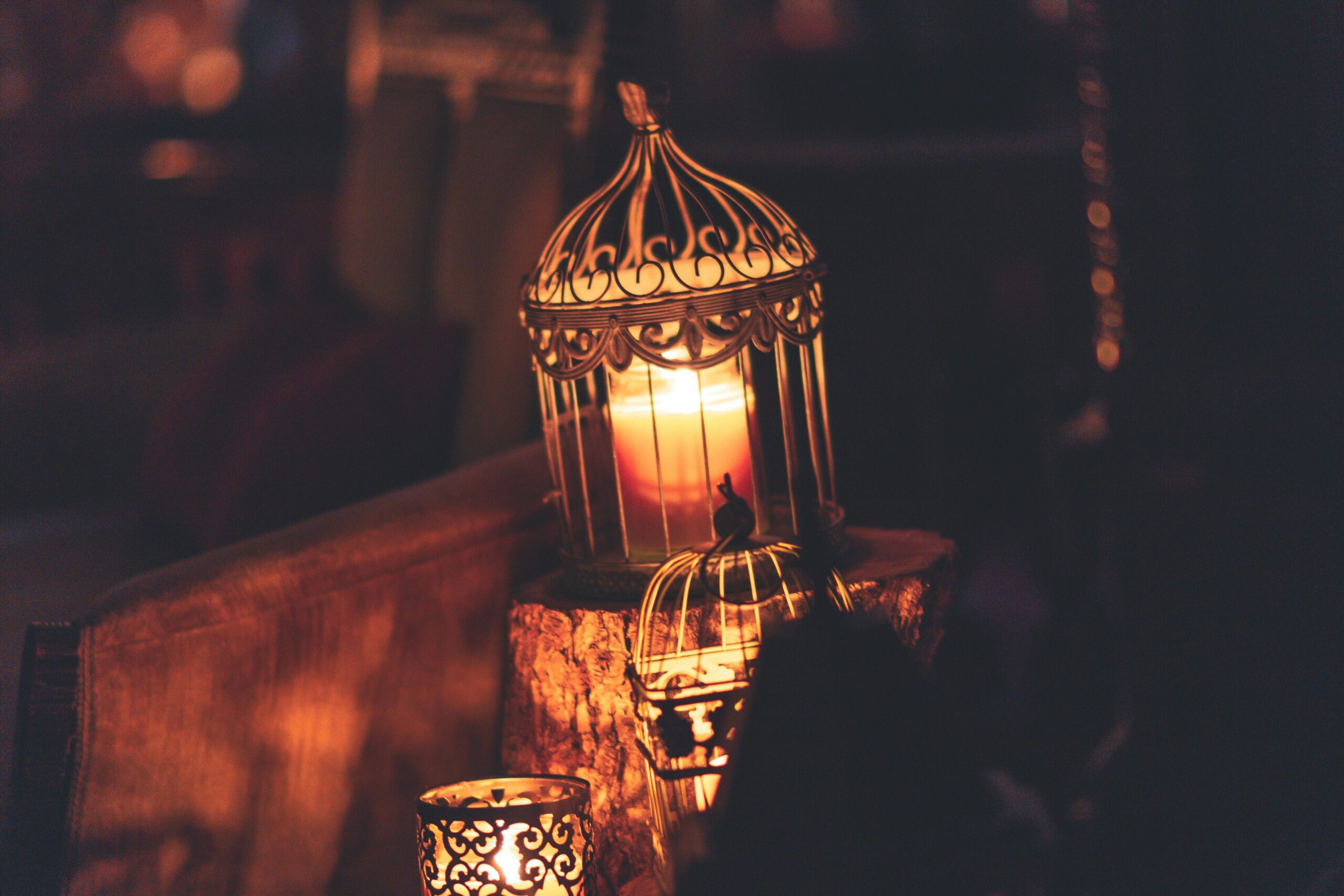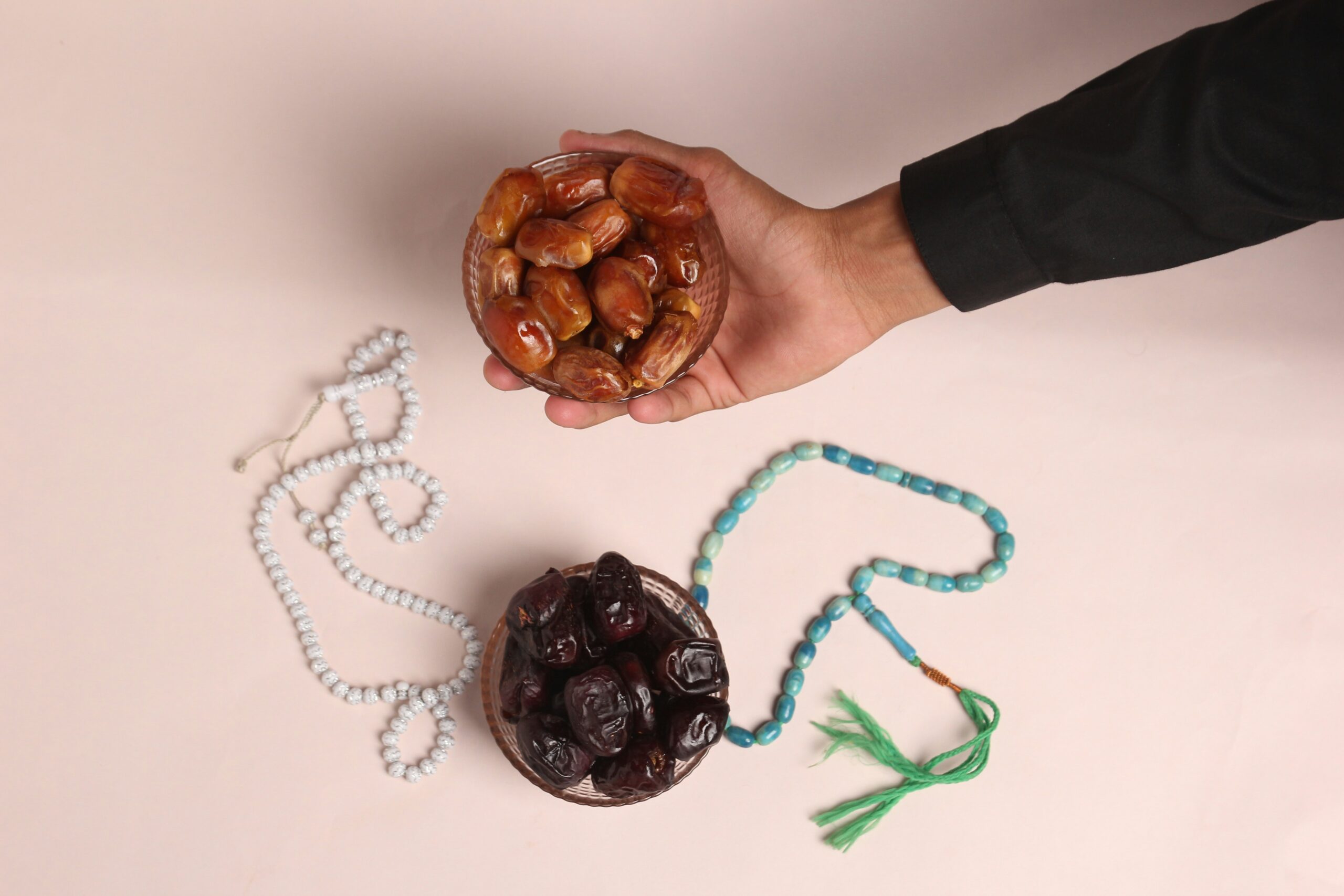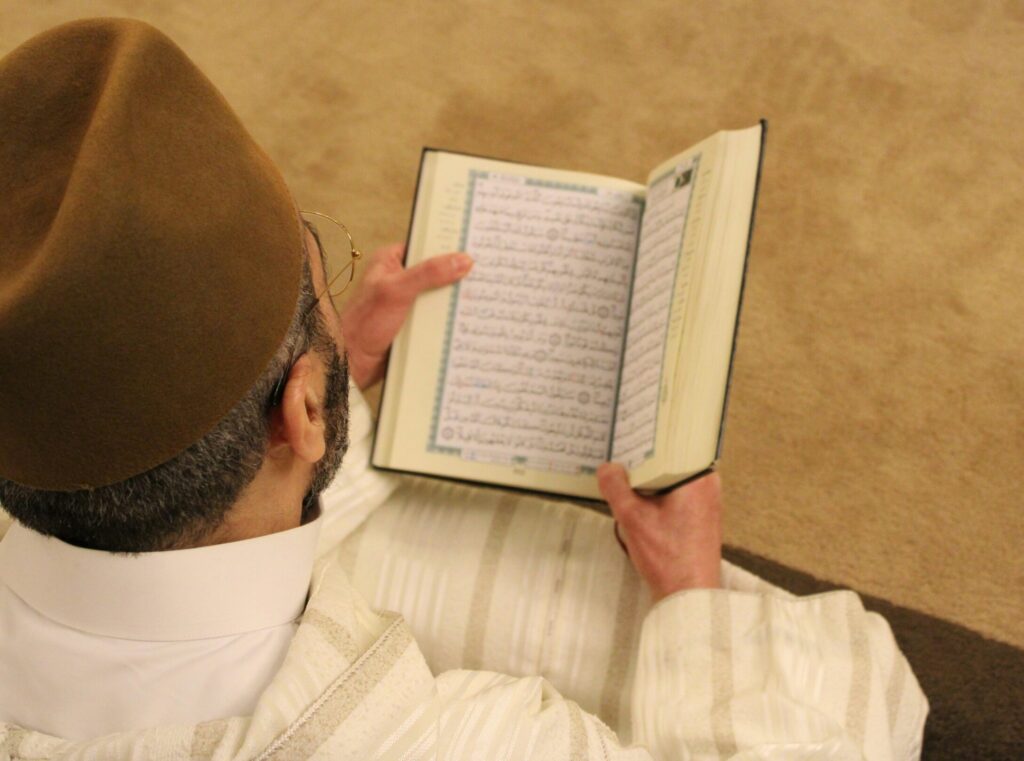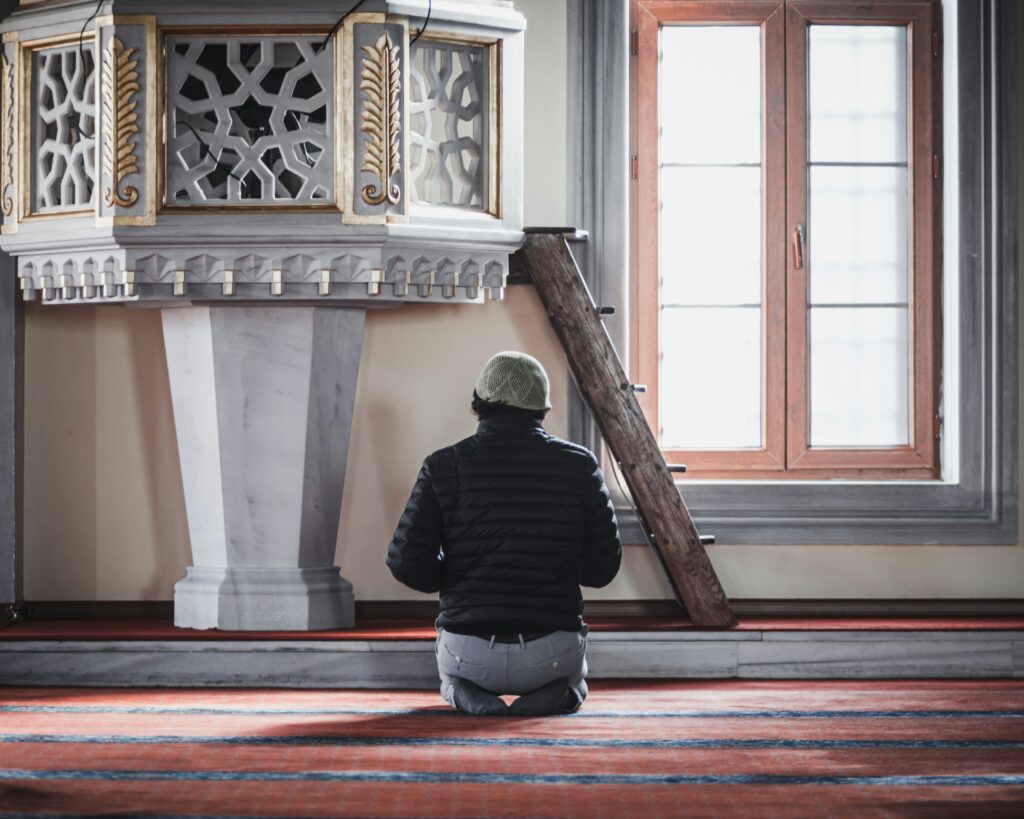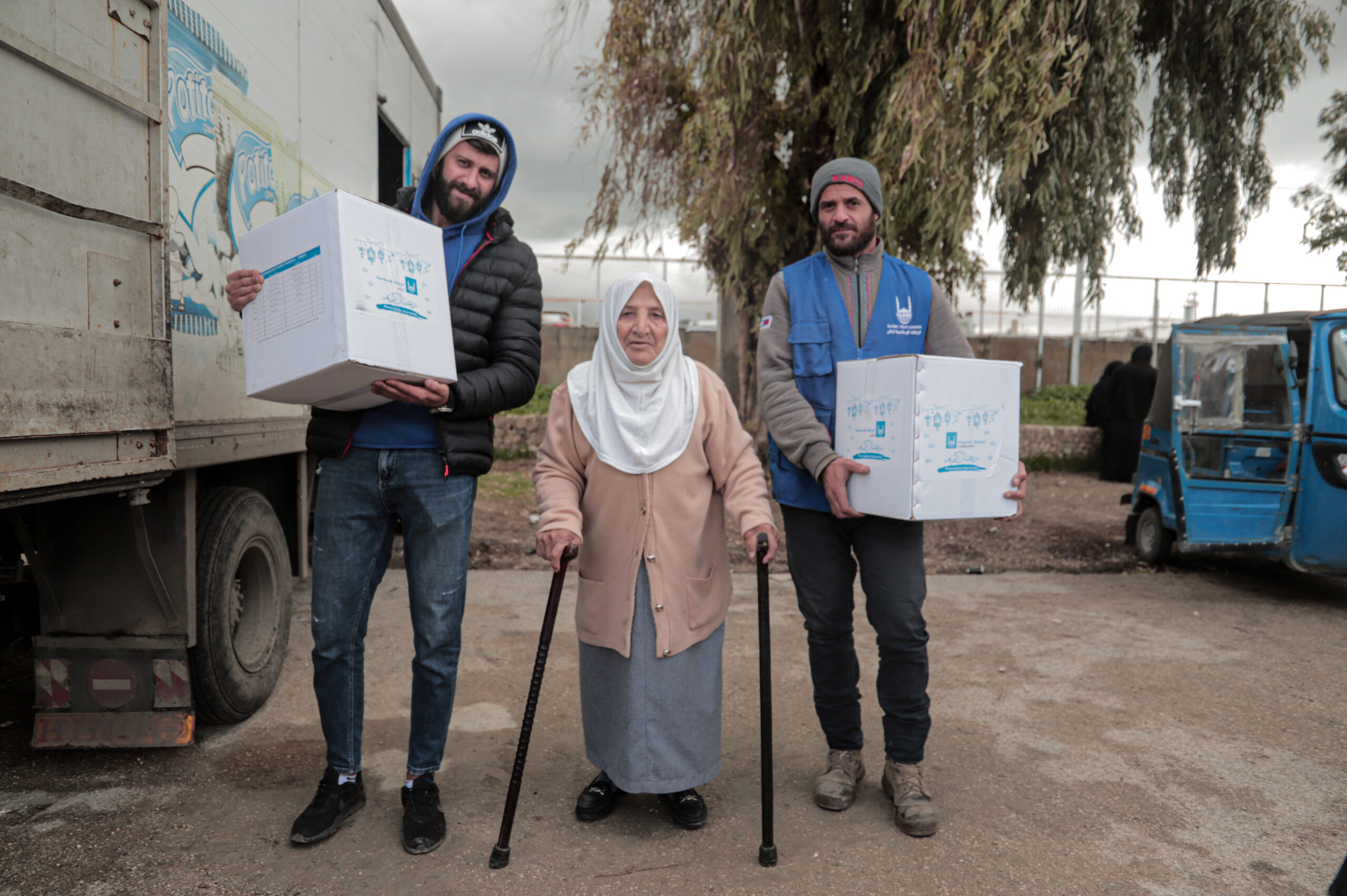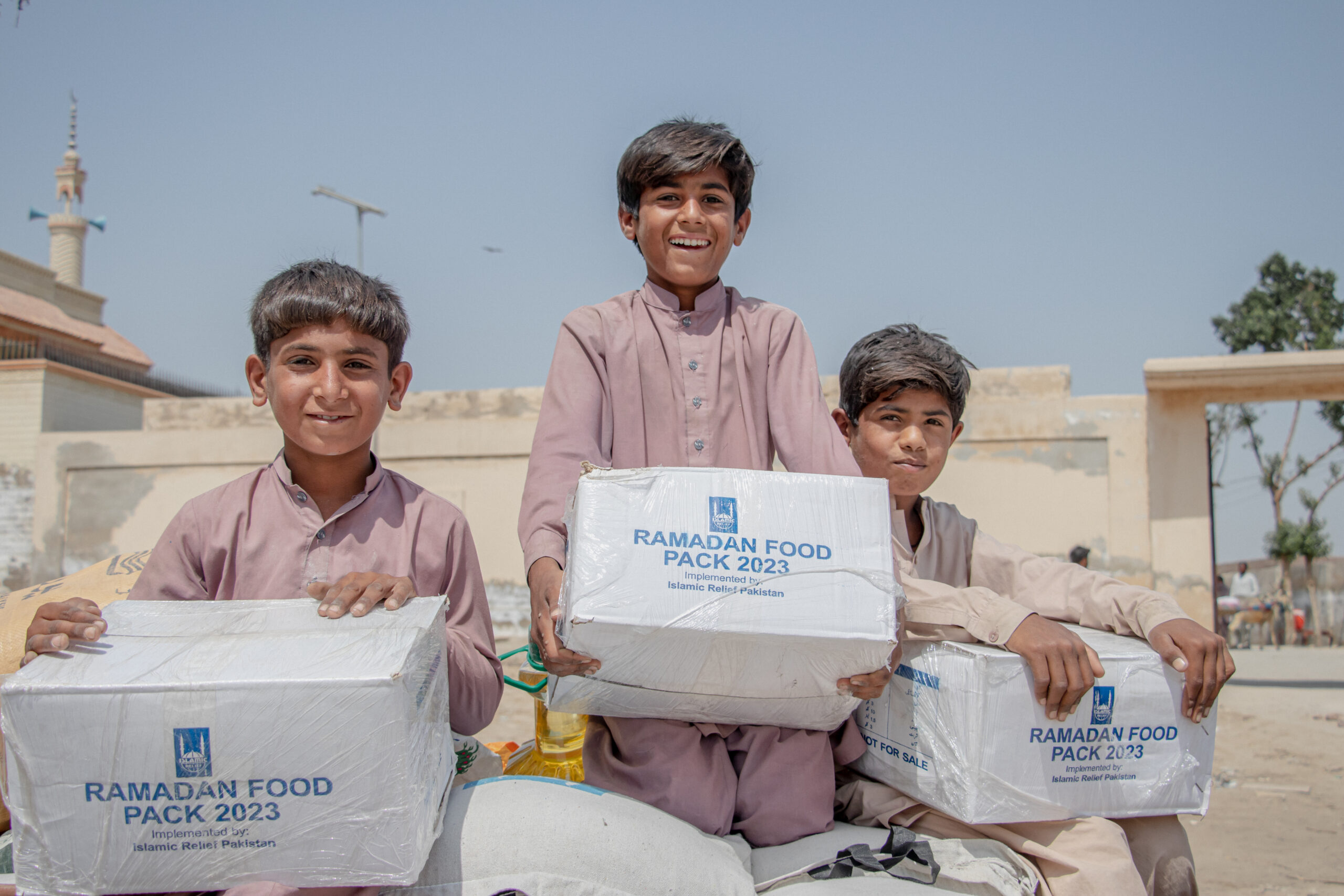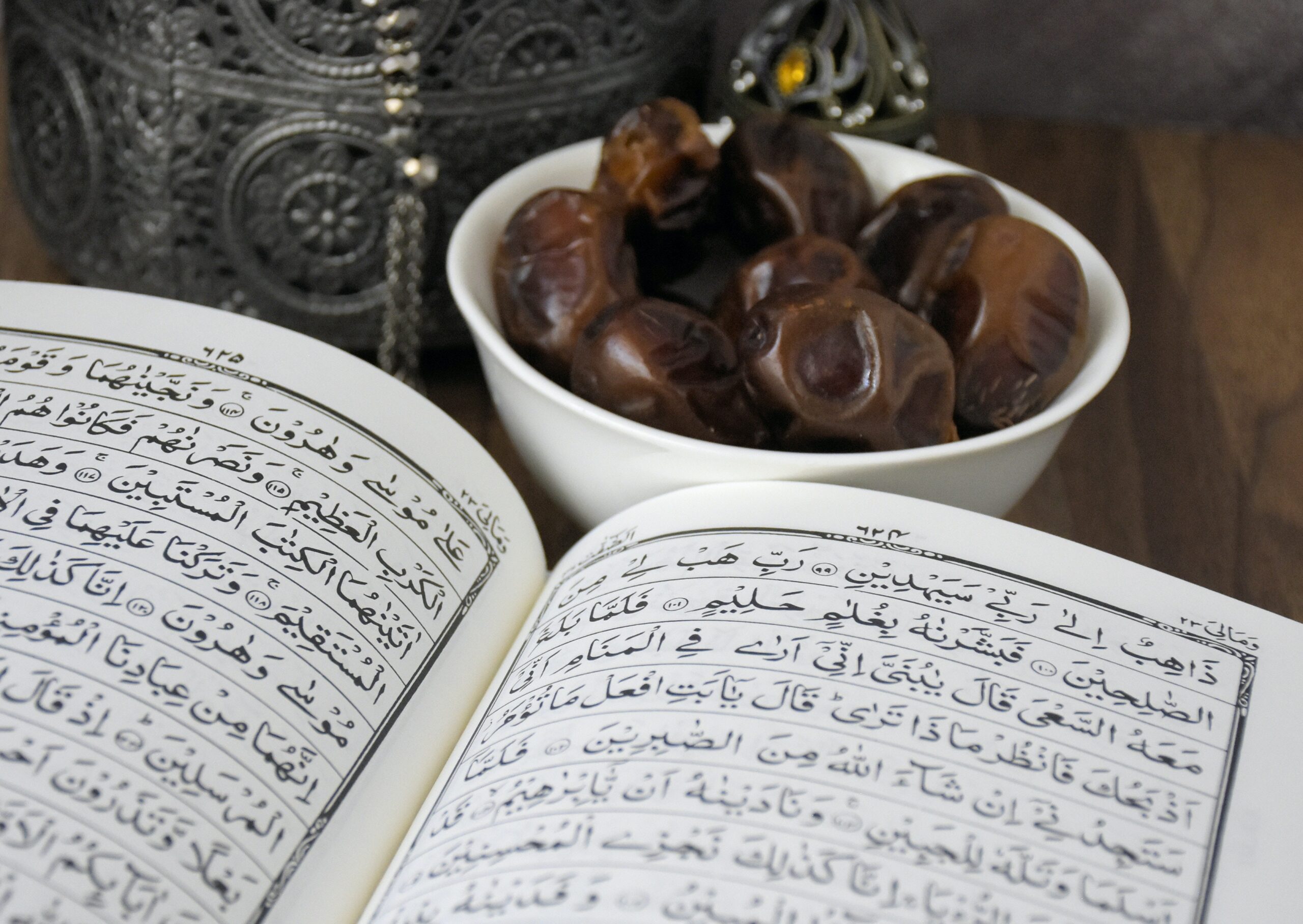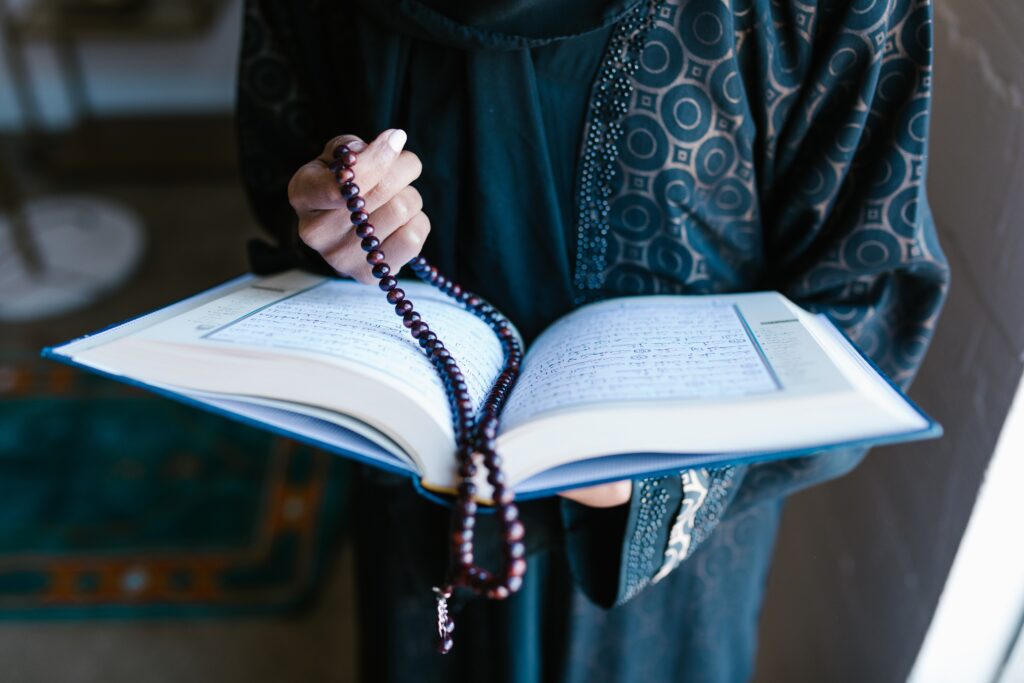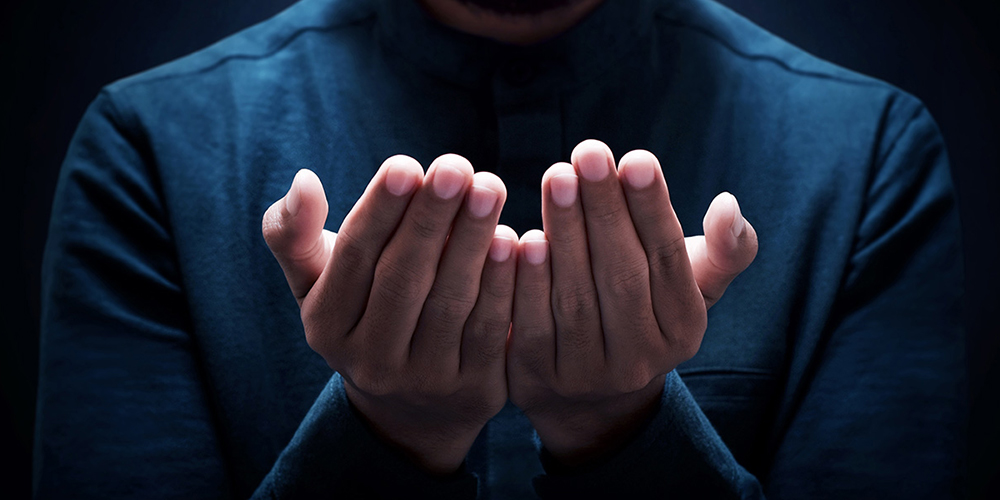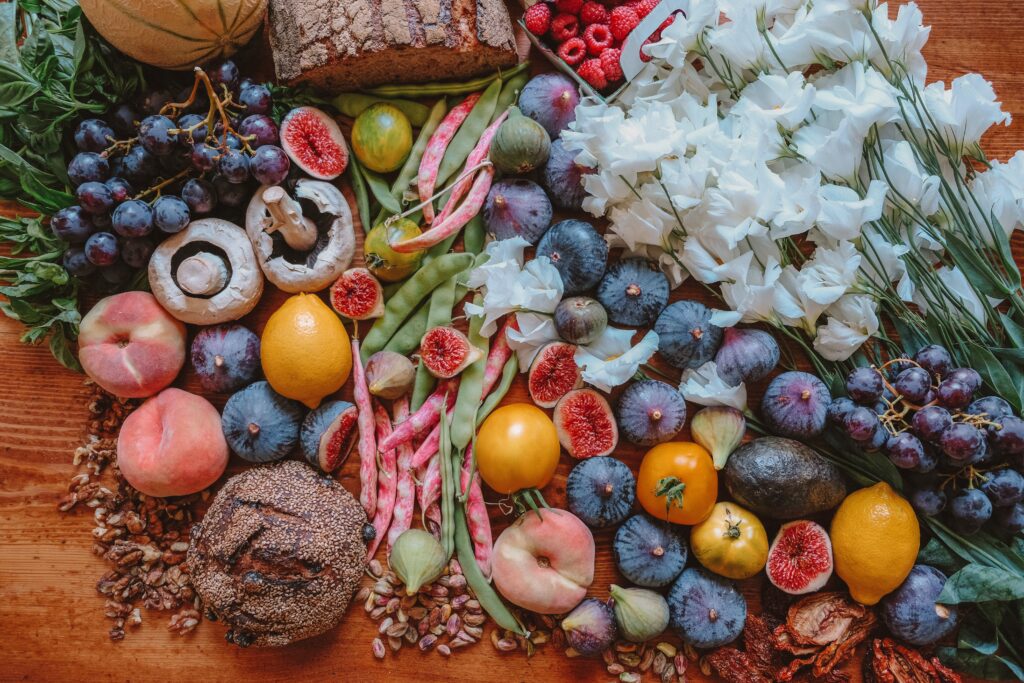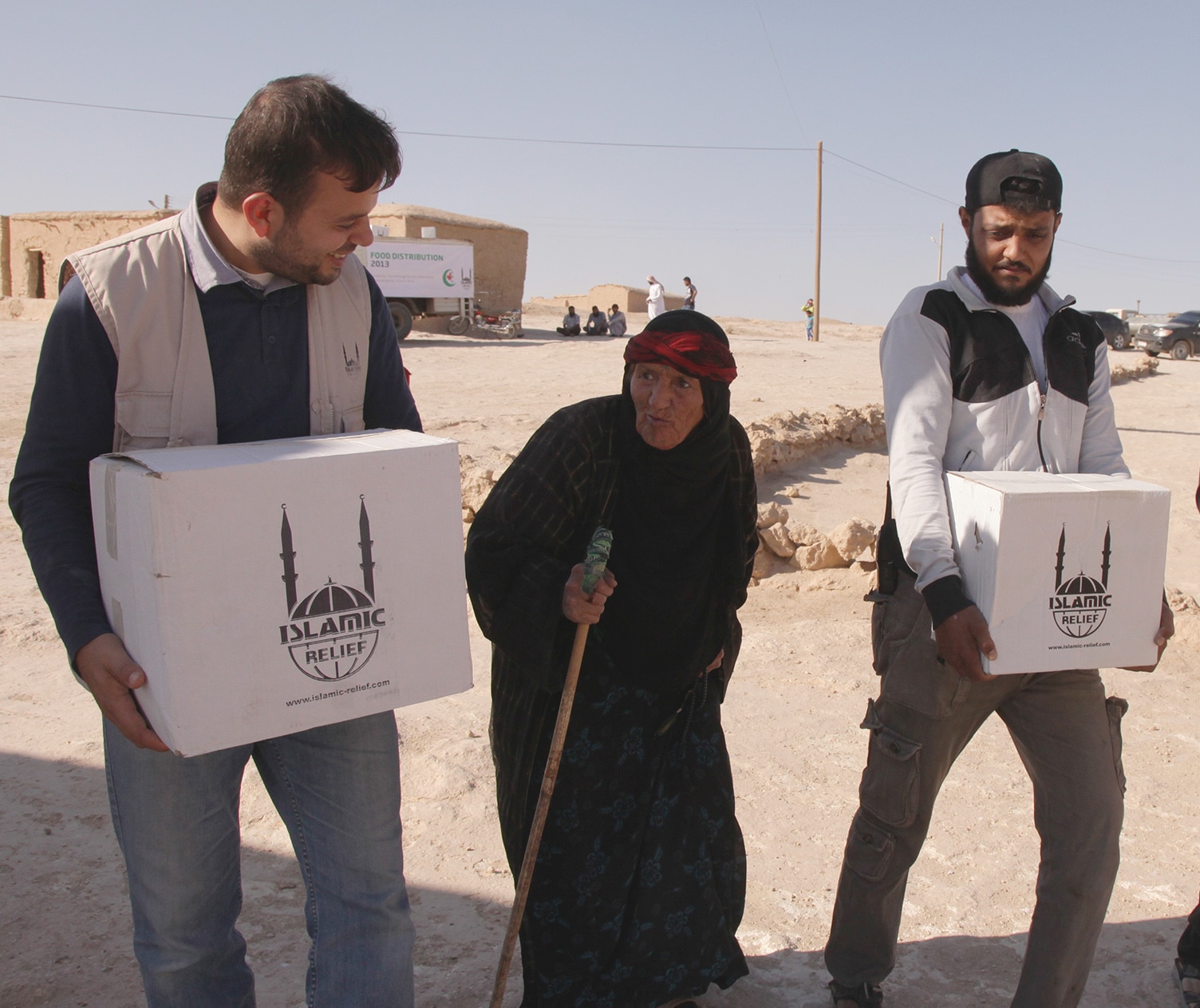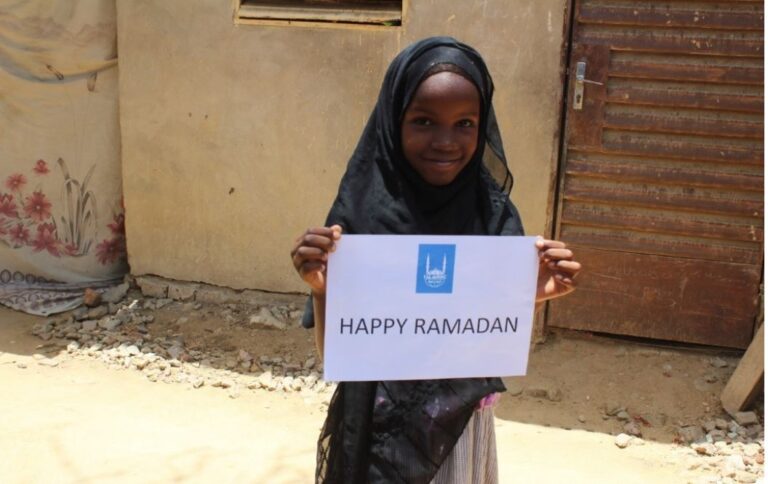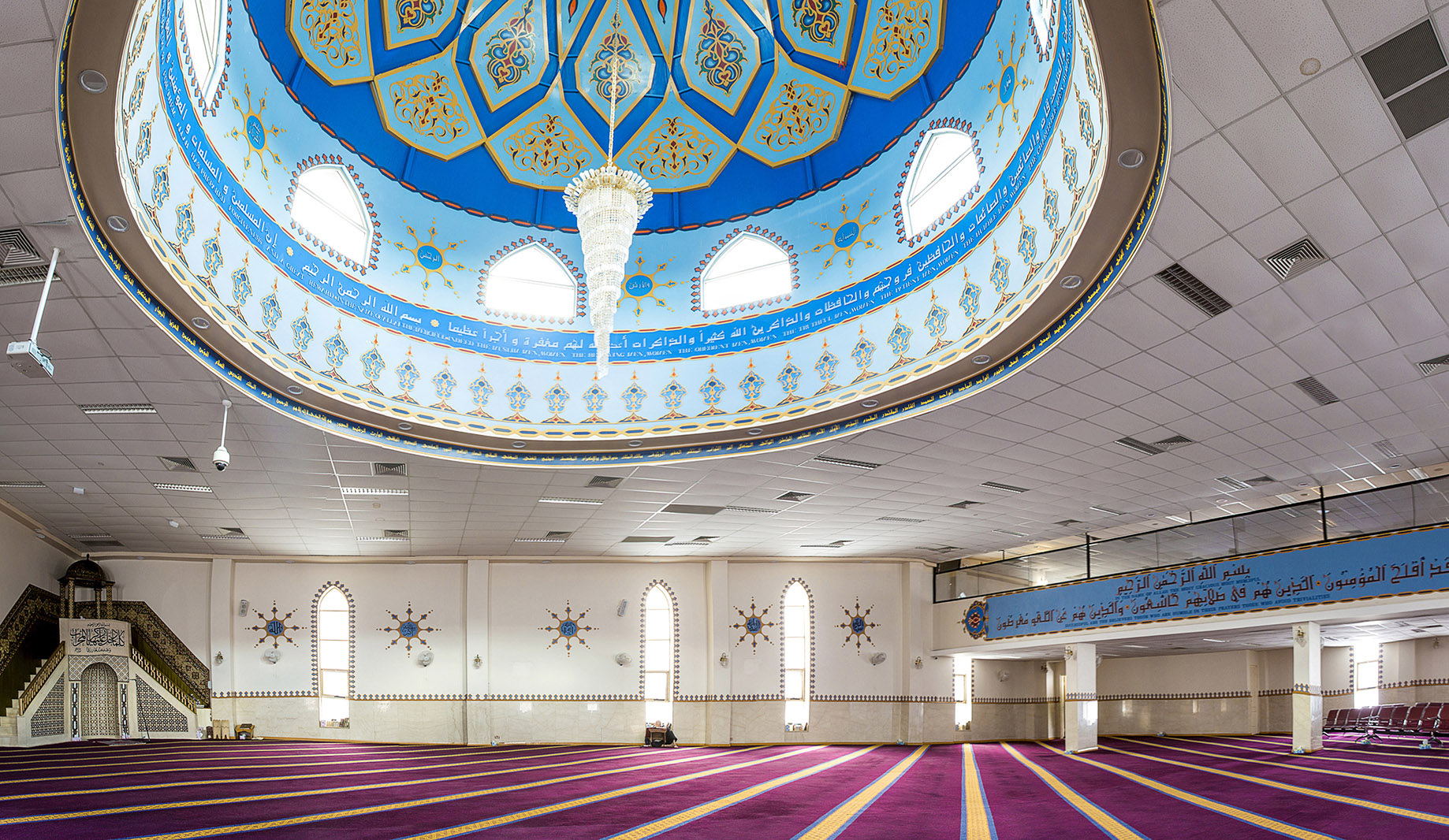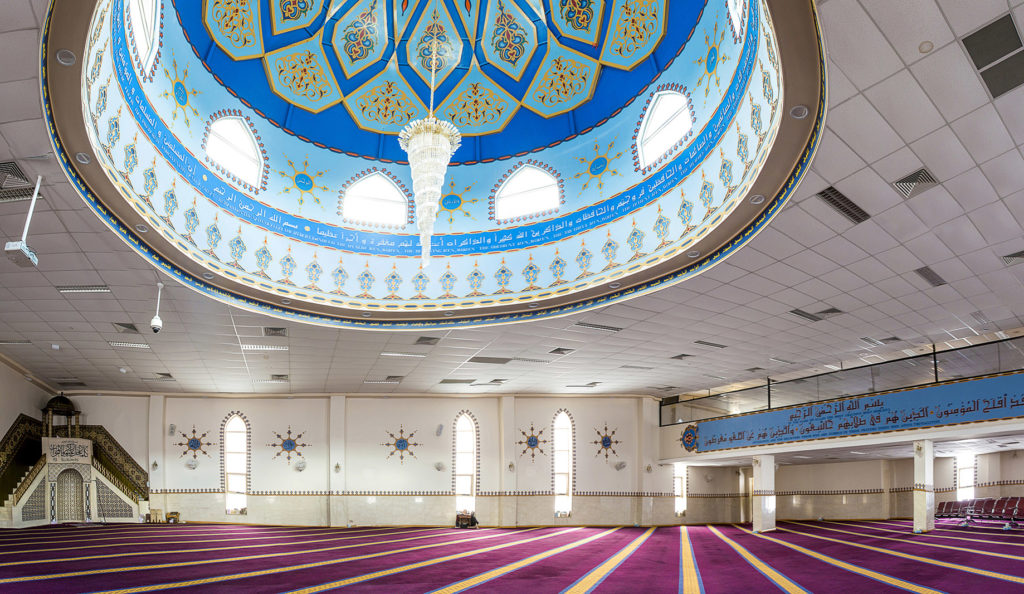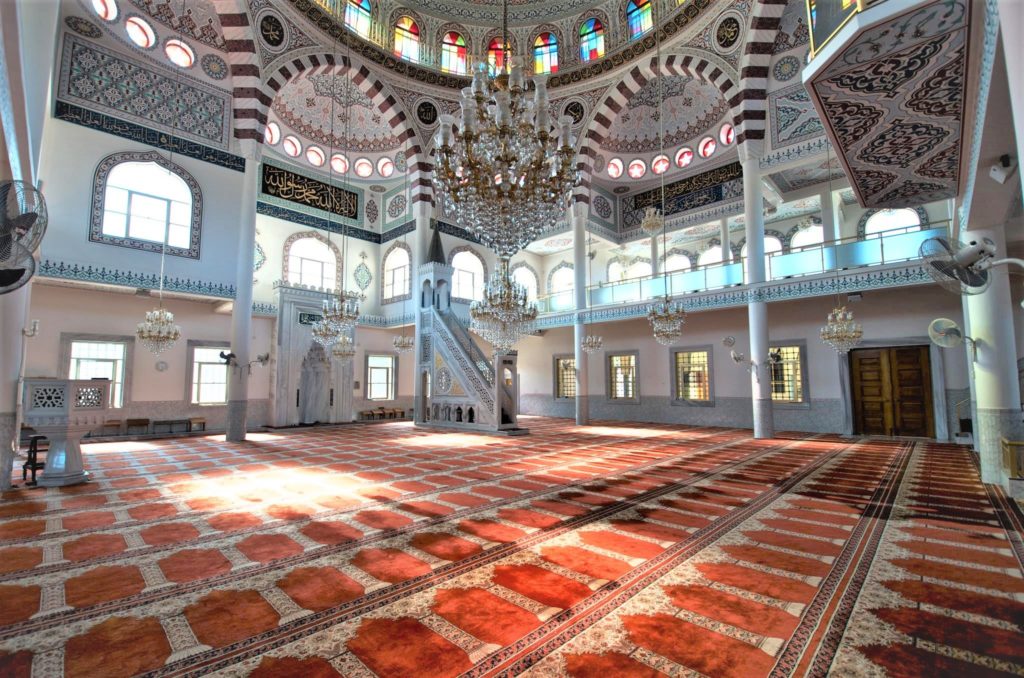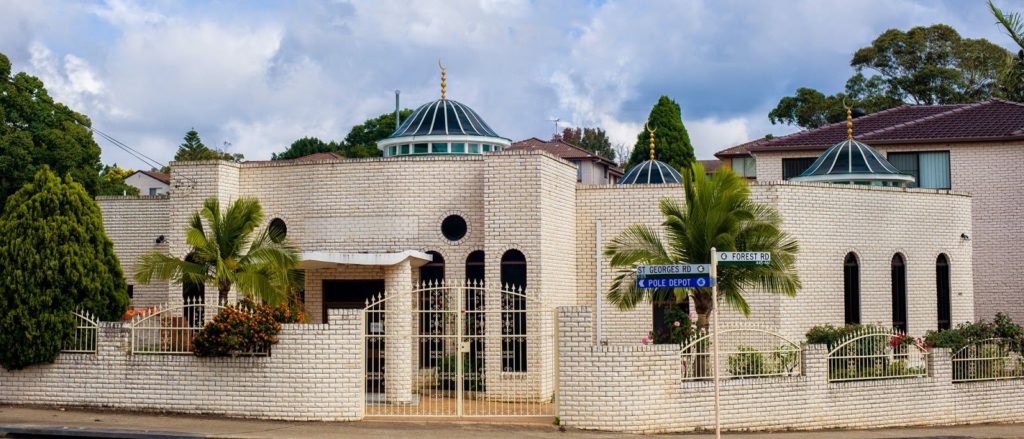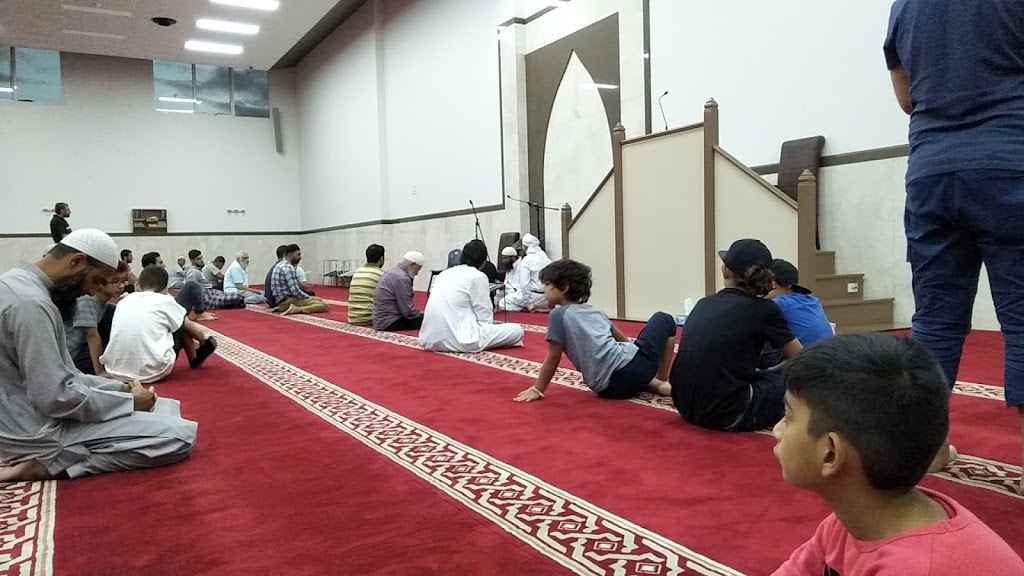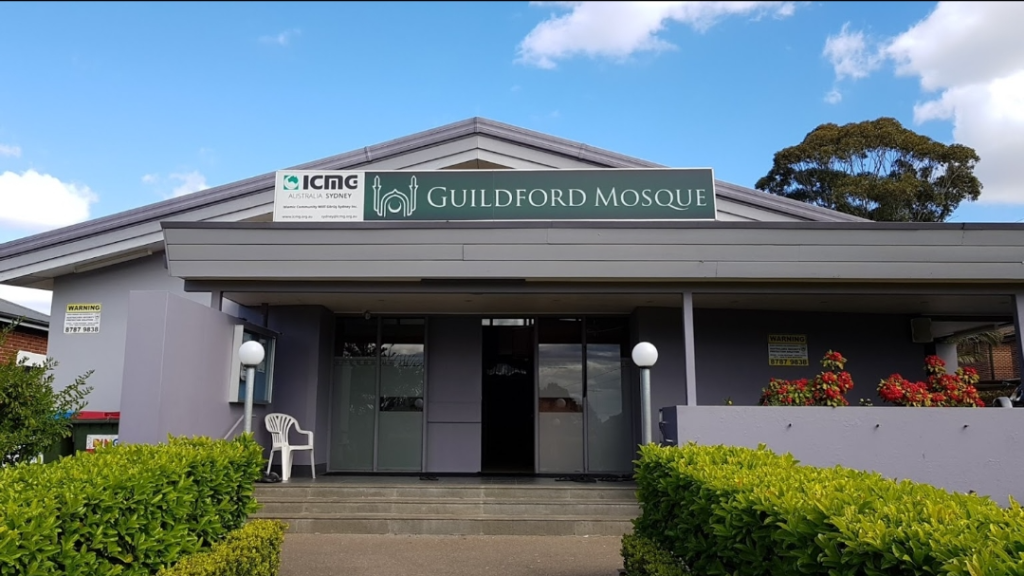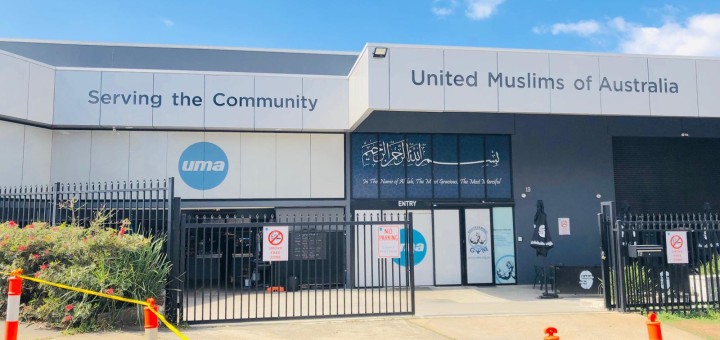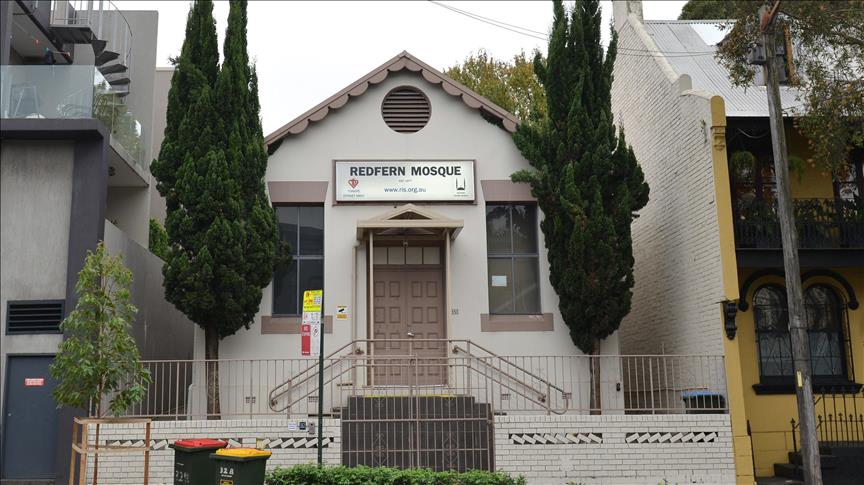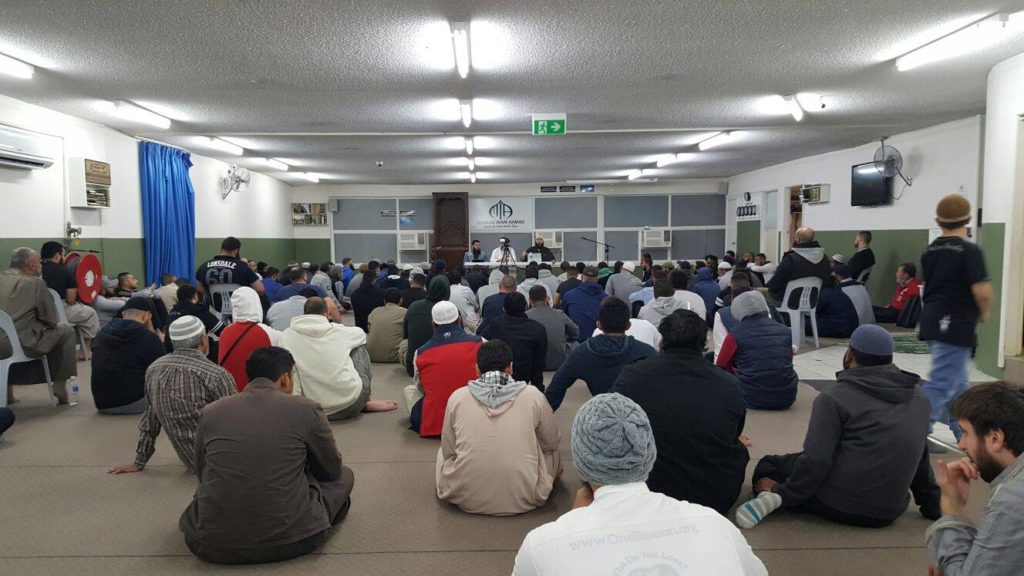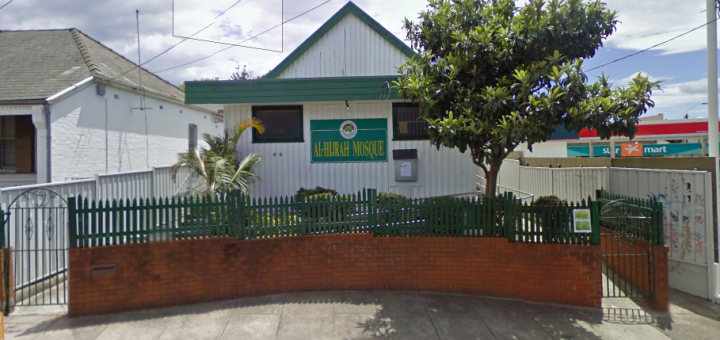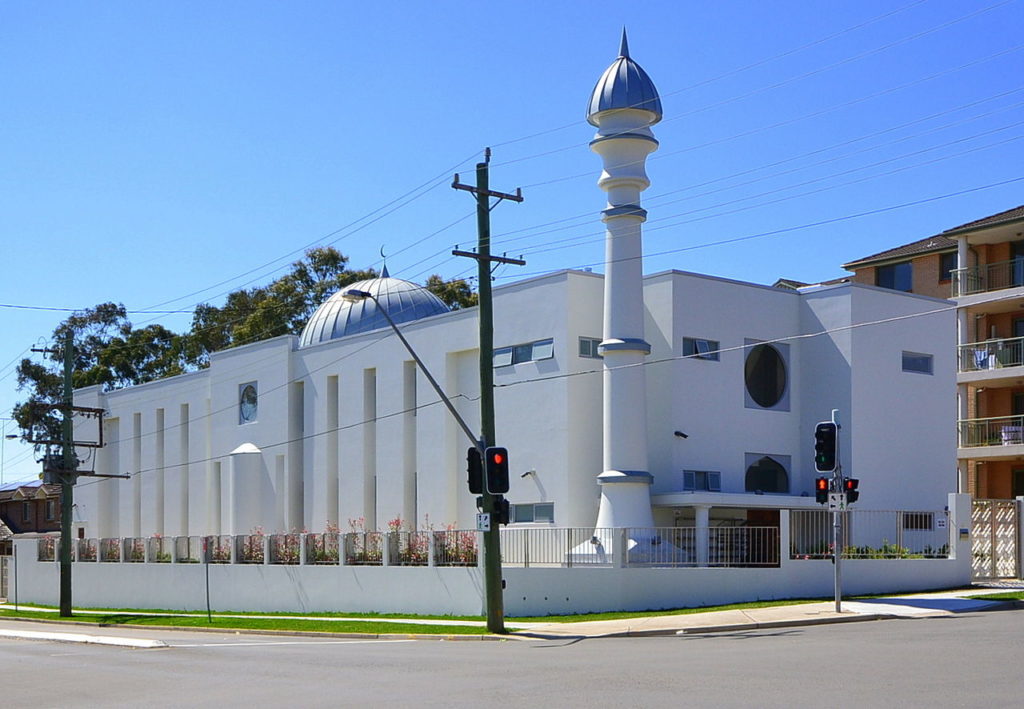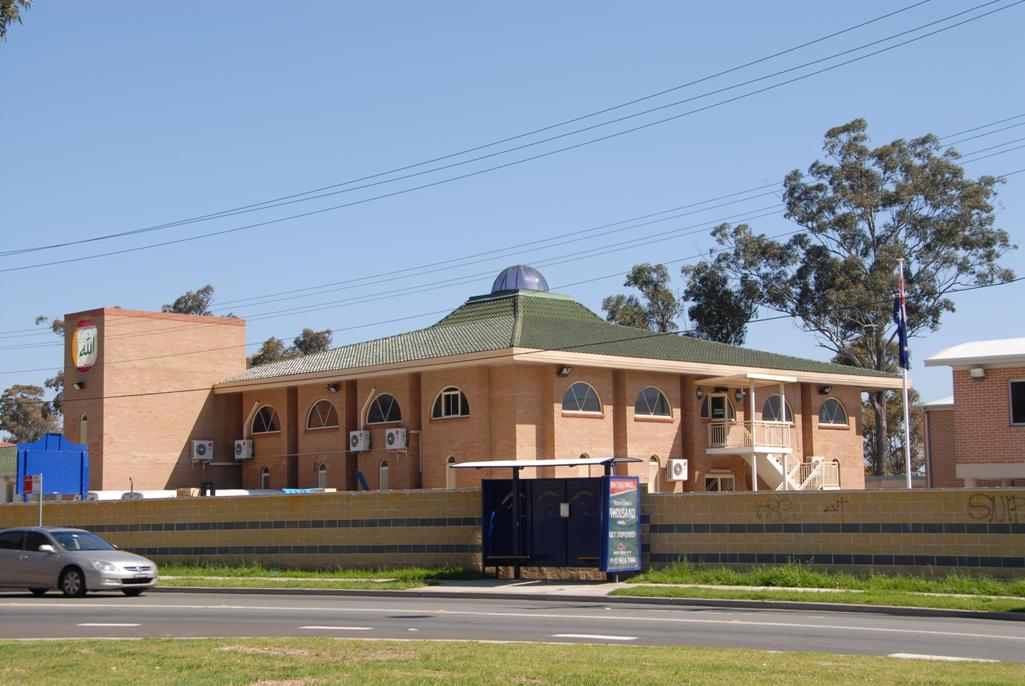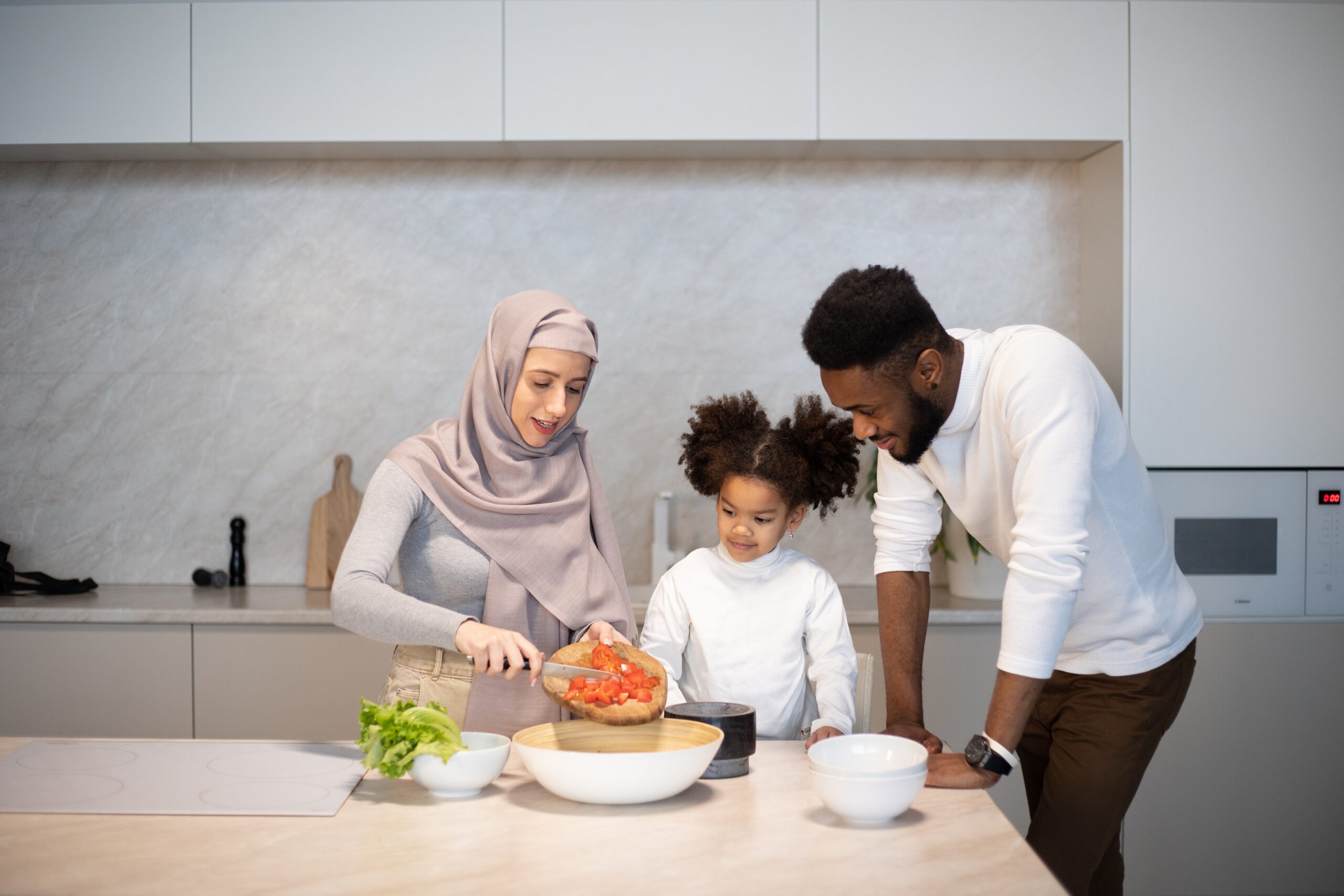
03.05.24
How to Meal Plan for Ramadan: Suhoor, Iftar and More
In Ramadan, Muslims observe fasting, one of the five Pillars of Islam, from sunrise to sunset for 29 or 30 days, depending on the sighting of the new moon. The main times to eat are at the pre-dawn meal, known as Suhoor (or Sehri), and Iftar, the time to break the fast.
Ramadan is a blessed month filled with reflection, devotion and the love and mercy of Allah SWT. Many of us come into it eager to make the most of its benefits – physically, mentally and spiritually – including having a nutritious and filling Suhoor and Iftar.
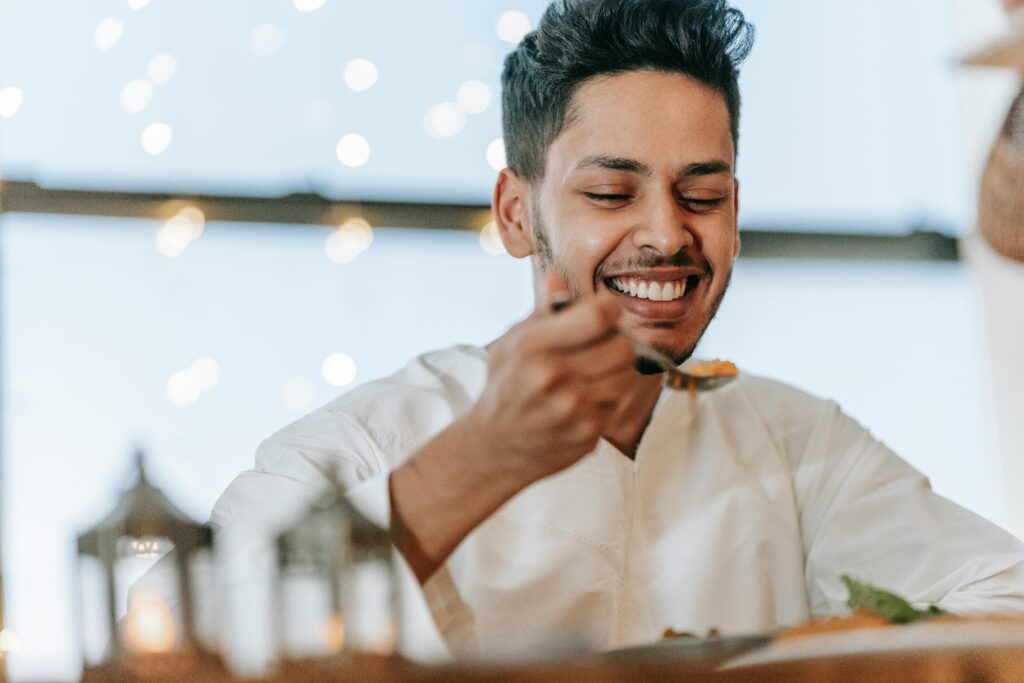
However, adjusting to our new routines for the Holy month is not always easy. The tiredness, the unusual times we have our meals, the many gatherings we attend – all these factors can make it hard for us to remember to look after our health during Ramadan, especially when it comes to eating healthy.
But healthy eating during Ramadan doesn’t have to be difficult. Here is a guide on how to plan your meals for Suhoor and Iftar without burning yourself out.
Creating Your Meal Plans for Ramadan
During Ramadan, deciding what to eat for Suhoor and Iftar can get overwhelming. But when you have a meal plan, it can help ensure you avoid overspending and are eating nutritious and delicious food, leaving you less stress and more time to worship Allah (SWT).
Try to start planning a week or at least a few days before. Give yourself long enough to search for healthy recipes you might like and check what ingredients you’ll need to put on the shopping list.
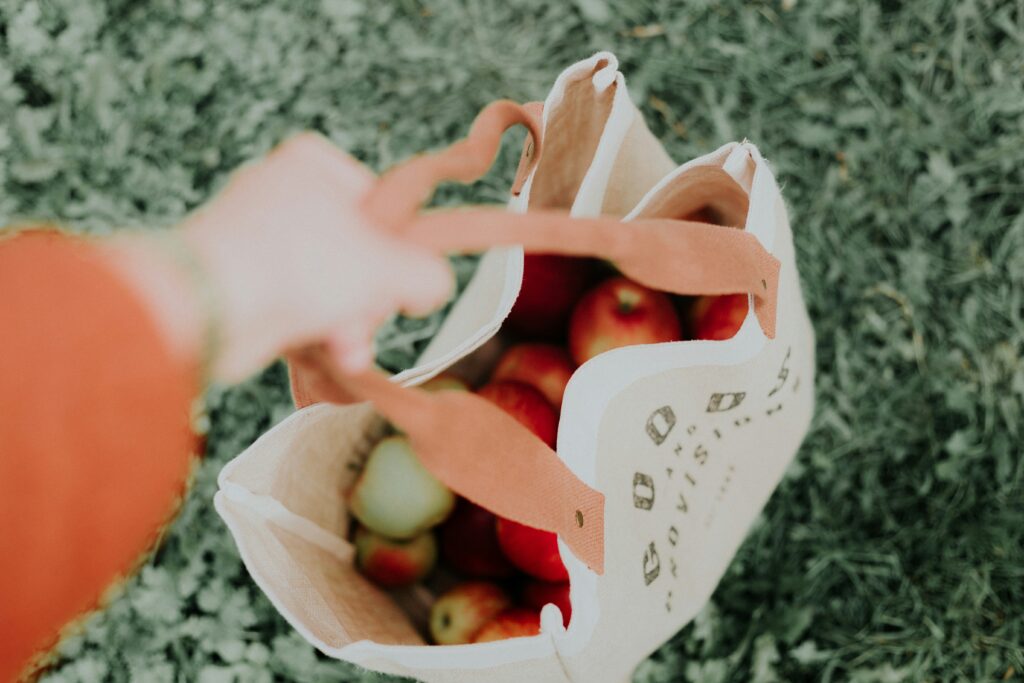
If you get easily overwhelmed by cooking, stock your kitchen with staple foods that don’t need much preparation, but still provide you with nutrition (e.g. rice, bread, oats, fruits, frozen vegetables, etc.).
Going long hours without food and drink takes a lot of energy. Once the blood glucose and fat stores for energy are gone, your body might start to use protein which can cause muscle breakdown. This leaves you more likely to experience tiredness, headaches, difficulty concentrating and dizziness while fasting.
Eating well for Suhoor and Iftar helps us reduce these symptoms we can get while fasting. That’s why we should try our best to eat a balanced diet throughout Ramadan.
Guide to a Healthy Suhoor
Suhoor sets you up for the day, so it’s important to eat foods that keep you going until Iftar. These include foods high in protein, complex carbohydrates, fibre and healthy fats, which help you feel full longer after a meal.
Protein from meat and legumes (e.g. beans, lentils) helps you build and maintain muscle, which helps you feel more energised while fasting.
Many grains (e.g. oats) and high-fibre and wholegrain breads contain complex carbohydrates that take longer to digest, allowing your body to keep feeling full for longer.
Vegetables and fruits also have these healthy carbs. They’re also high in fibre and contain various vitamins and minerals. Some fruits and vegetables have a high water content, which can help you keep hydrated while fasting. It’s also good to make sure you drink a lot of water during suhoor as well.

5 Simple Healthy Meal Ideas for Suhoor
Here are some suggestions for an easy, healthier Suhoor to help you reduce hunger during the day, allowing you to focus on connecting with Allah (SWT). Feel free to switch out any ingredients for foods more suited to your specific conditions, allergies, intolerances or health goals. You can also have these for Iftar if you prefer eating these meals at night.
Breakfast Muesli Bowl
Choose a high-fibre cereal (e.g. Weetabix, rolled oats) to fill a bowl with and add in some milk or low-fat yogurt. Top it with chopped fruits and/or nuts. If you need a sweeter, add a drizzle of honey.
Breakfast Wrap
Put a source of protein, such as cheese, chicken or beans, in a multigrain pita. Add in sliced vegetables like lettuce, cucumbers and tomatoes. Close wrap and toast.
Omelette
Whisk eggs in a bowl, with a splash of milk, salt and pepper (plus any spice you wish). Spray a frying pan with olive oil. Once a bottom layer has formed, add vegetables such as spinach, mushrooms and tomatoes. Fold the omelette, flip and then serve.
Breakfast Toast
Toast multigrain or wholegrain bread. Top with sliced avocado, tomato slices, and tuna, smoked salmon or fried egg.
Rice Bowl
Fill a bowl with a small cup of rice (high-fibre, if possible). Add in proteins (meat, tofu, etc.) and vegetables.
Guide to a Healthy Iftar
Iftar is the time to refuel after a day of fasting. However, it’s important not to go overboard. Overindulging in food can leave you feeling bloated and uncomfortable. It also goes against the idea of fasting, which we do for the sake of Allah (SWT), first and foremost.
Help ease your stomach back into eating with small portions. The Prophet (PBUH) used to break his fast with dates – a good source of fibre and complex carbohydrates. If you don’t have dates, other dried fruits, like apricots and figs, also help you get back the nutrients you need.
Soups also make for a light but filling Iftar meal. It hydrates you and helps prepare your stomach for the other dishes to come.
For the main course, remember to include plenty of complex carbohydrates, proteins and healthy fats. Take the time to enjoy your meal and try not to load too much on your plate. If you’re hungry for seconds, take small portions so you don’t eat more than you can handle.
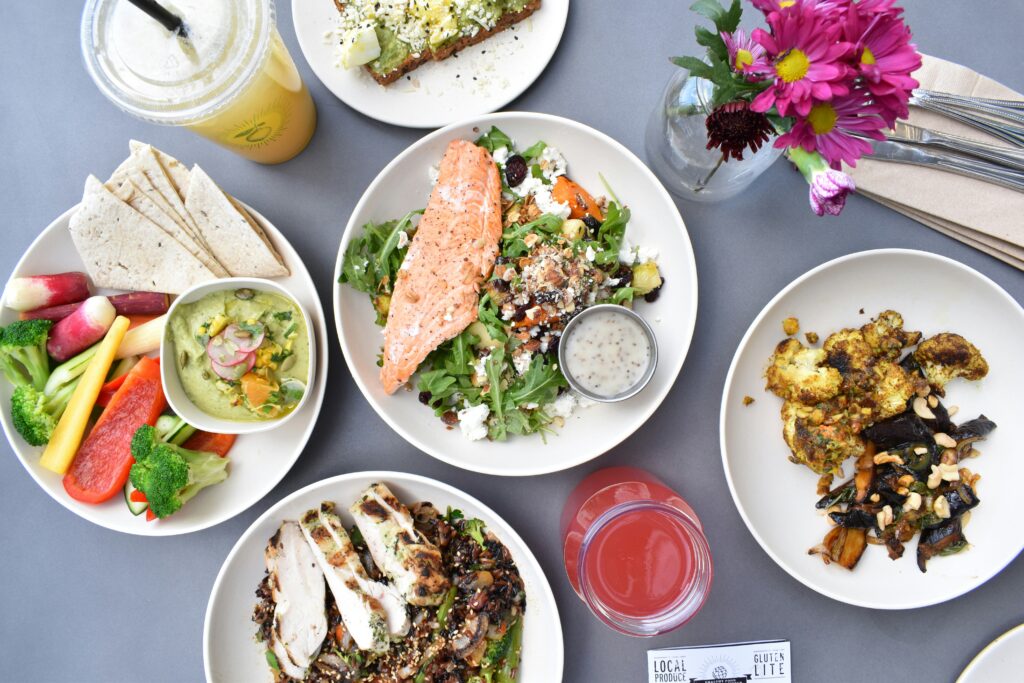
5 Simple Healthy Meal Ideas for Iftar
These are some suggestions for an easy, healthier Iftar that’s filling without making you feel overly full, allowing you to focus on connecting with Allah (SWT). Feel free to swap out any ingredients for foods more suited to your specific conditions, allergies, intolerances or health goals. You can also eat these for Suhoor if you have leftovers.
Roasted Skewers / Kebabs
Cut up vegetables and/or slice meat into chunks. Load them up on skewers. Mix spices and sauces. Brush them on the skewers. Cook them on the grill until browned and slightly charred.
Clear Soup
Chop a medium onion and some vegetables (e.g. mushrooms, carrots, celery, leek, etc.) and put them in a pot to boil for 15-20 minutes. Feel free to put in some leftover chicken roast if you have it.
Thin Pizza
Use a wholegrain or high-fibre tortilla as your base. Cover in pizza sauce. Add cheese and nutritious toppings like spinach, capsicum, mushrooms, olives and cherry tomatoes. You can also put on other toppings like meat or pineapple, but don’t go too overboard as the pizza base will get soggy.
Pasta Salad
Cook pasta (high-fibre, if possible) as per packet instructions. Prepare dressing and desired vegetables while waiting. Once cooked and cooled, put pasta in a large bowl and put on top all chopped vegetables. Pour dressing. Give the salad a light toss.
Rice Paper Rolls
Cook rice vermicelli as per packet instructions. Pick and prepare your choice of protein. Chop vegetables into long thin pieces. Prepare a wide bowl of water for rice paper sheets. Dip whole rice paper sheet lightly into water (just once is enough) and set it on a plate. Put a handful of vermicelli, your protein and vegetables onto the rice paper. Fold side edges and roll upwards.
Eating Snacks During Ramadan
Nutritious snacks are a good way to stay full if you’re not hungry for a full meal or need something quick to eat. Having these on you or easy to reach in your kitchen is useful when you need to break your fast on the go or if there’s only a couple of minutes to Fajr.
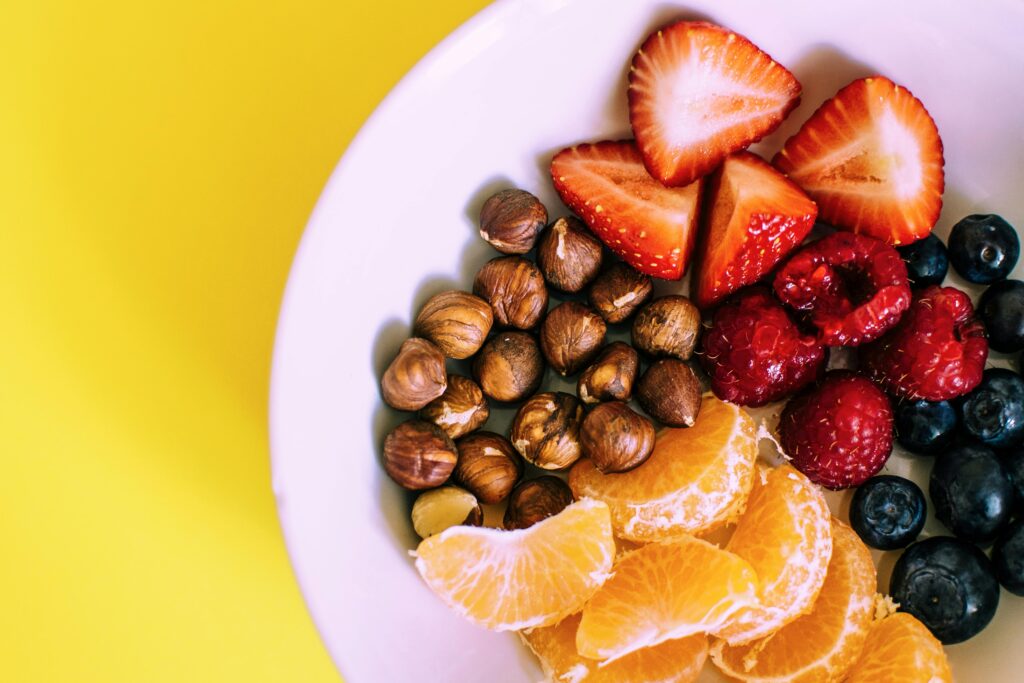
To help you stay energised and full for longer, try to reduce the sugary treats like chocolates or sweets you eat as they aren’t very nutritious. Instead, look for foods filled with protein, healthy fats and vitamins.
Some easy, healthy snack alternatives are nuts, seeds, low-fat yoghurts, plain popcorn, carrot and/or celery sticks and berries. If you’re in the mood to make something, try looking up recipes for protein bars, energy bites or protein cookies.
Staying Hydrated During Ramadan
While fasting, it’s natural to feel dehydrated as you’re going long hours without water. Combined with the unusual sleeping hours, you may also be more tired than usual.
To help with this, drink more fluids, especially water, during Suhoor and Iftar. Avoid drinks with a high caffeine content (e.g. coffee, energy drinks etc.) as it’ll make you feel more dehydrated. Also try reducing the number of sugary drinks like soft drinks, as they can lead to bloating and cause digestion problems.
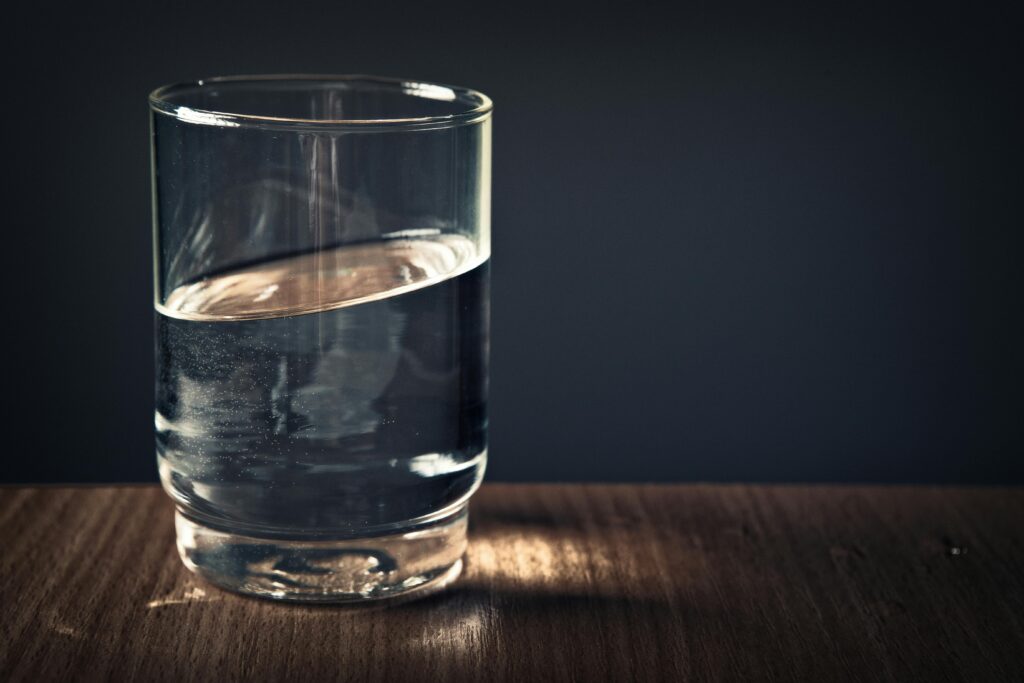
If you get tired of drinking plain water, try infusing it with lemon slices or fresh mint. You can also try light teas without milk or sugar.
Fluids also aren’t the only way to increase your water intake. You can also eat hydrating foods. Soups for Suhoor or Iftar are filling just as they are hydrating.
If you’re not in the mood for a meal, watermelon makes for a sweet and hydrating treat. You can also cut up some cucumber and tomato slices if you prefer something savoury.
Meal planning and eating healthy for Ramadan don’t have to be stressful. Try your best with the food and recipes you have and have fun making balanced meals and snacks with them. Also, make sure to stay hydrated by drinking plenty of fluids during Suhoor and Iftar.
Remember, Ramadan is about building our connection with Allah (SWT). By looking after our bodies, preparing in advance and reducing our food waste, we can spend the month focusing on growing closer to our Creator more than ever before.

